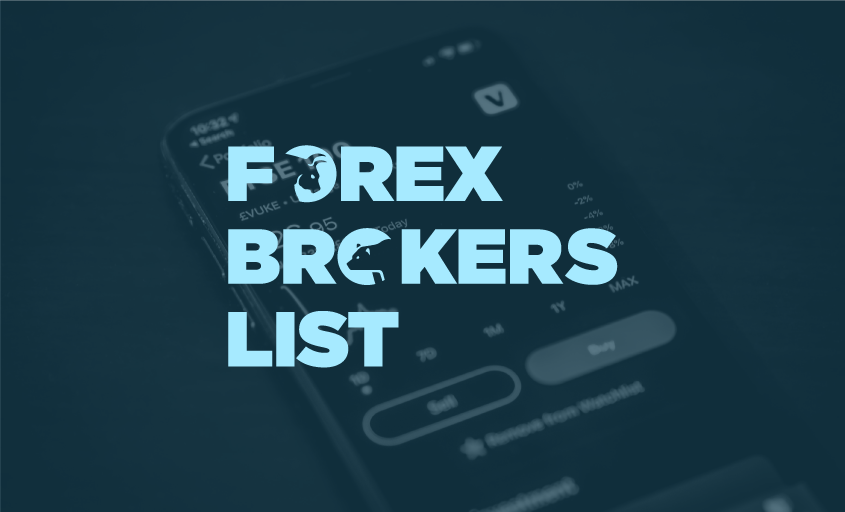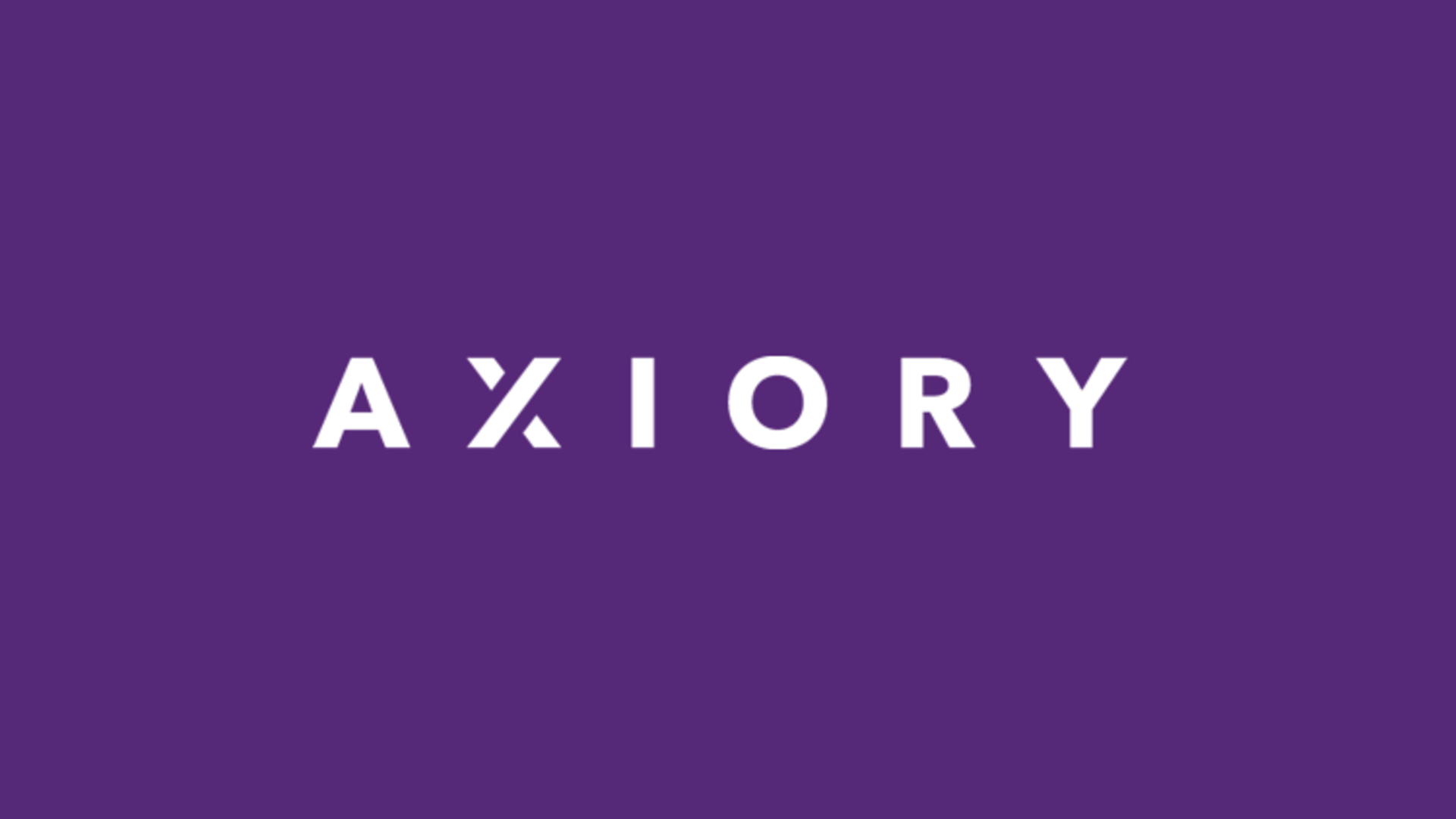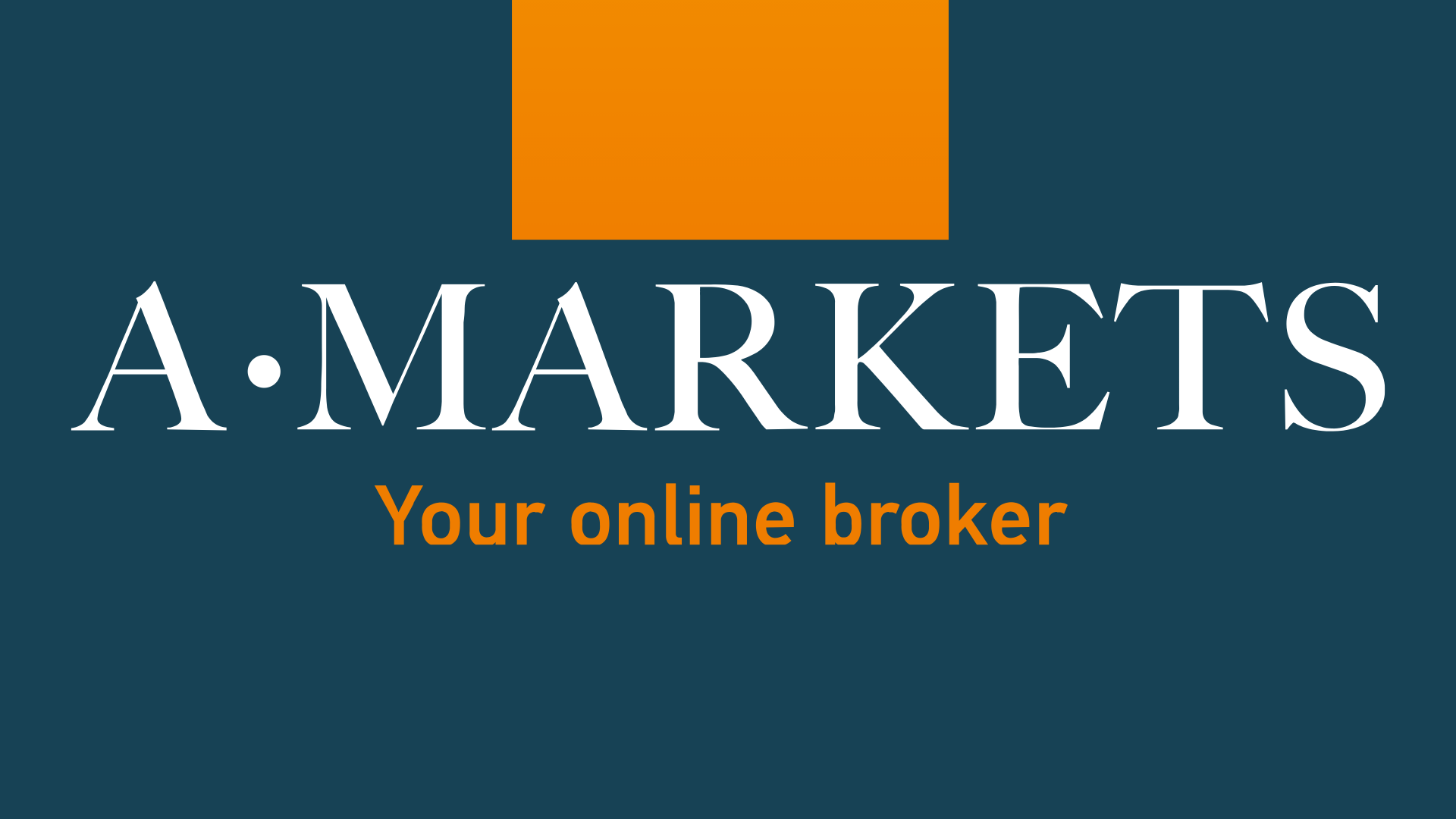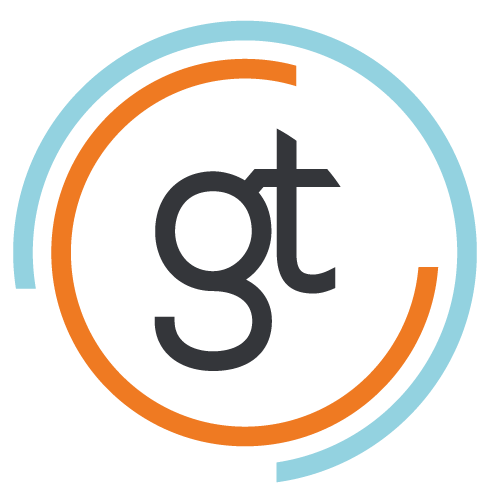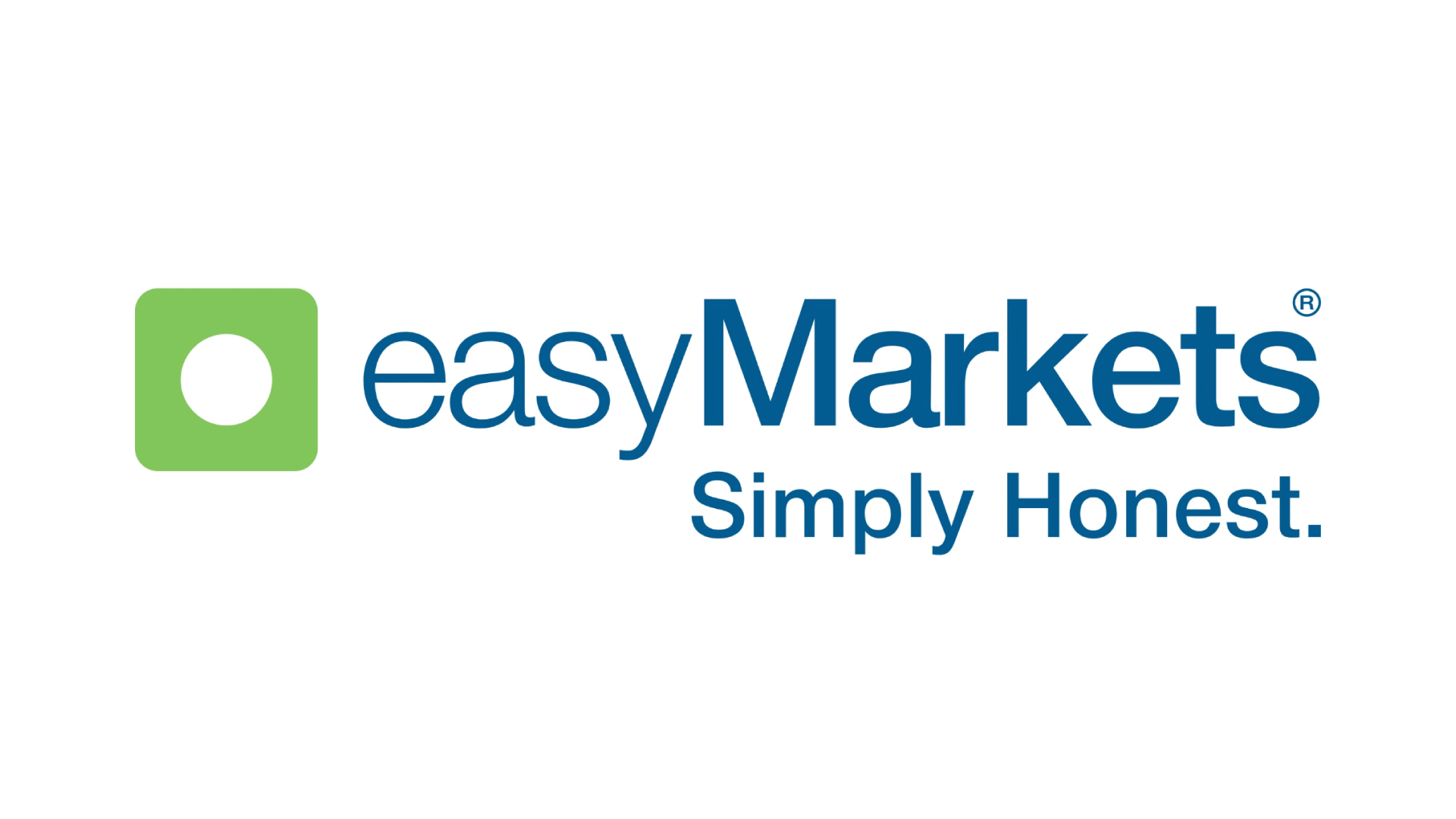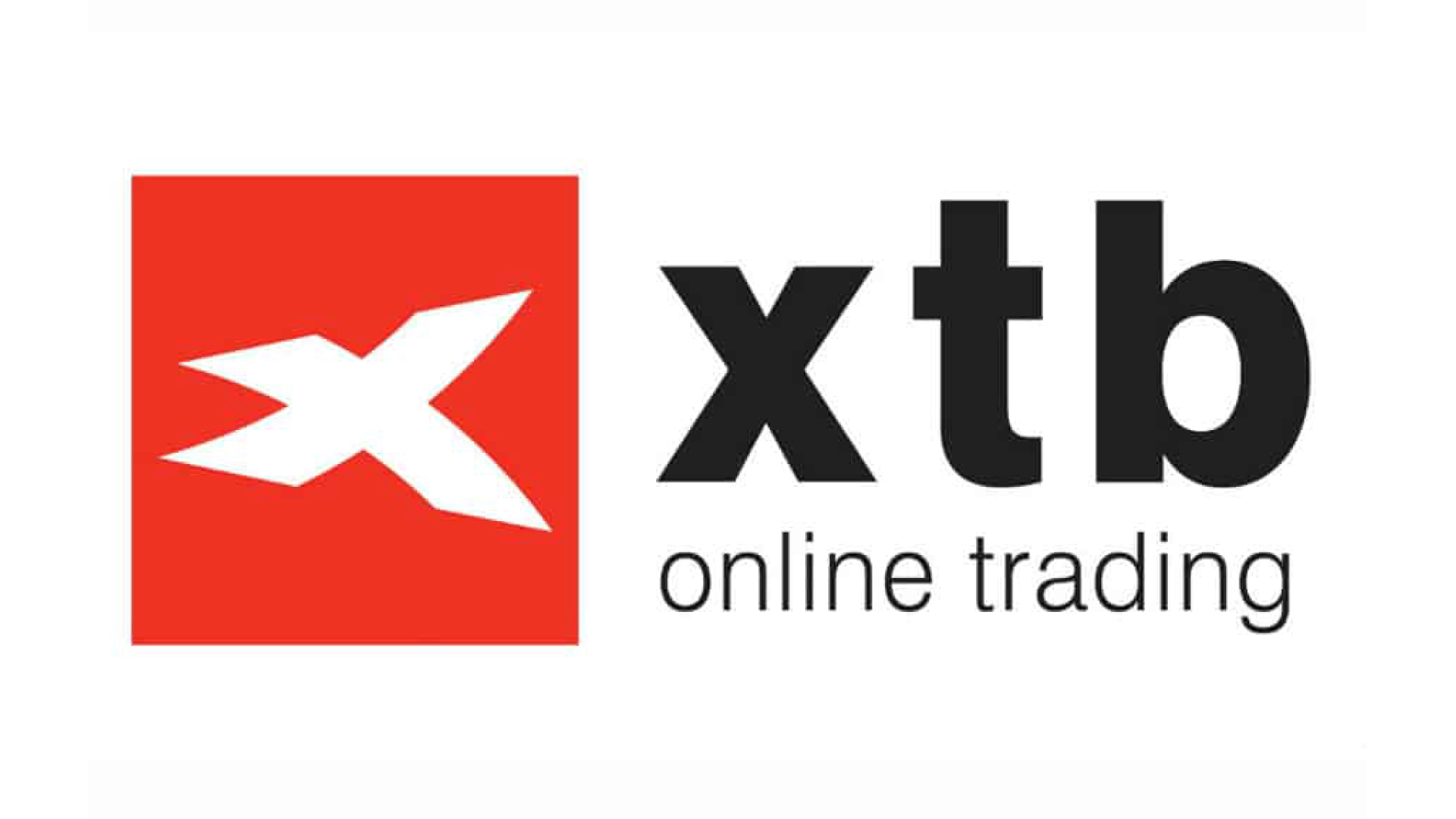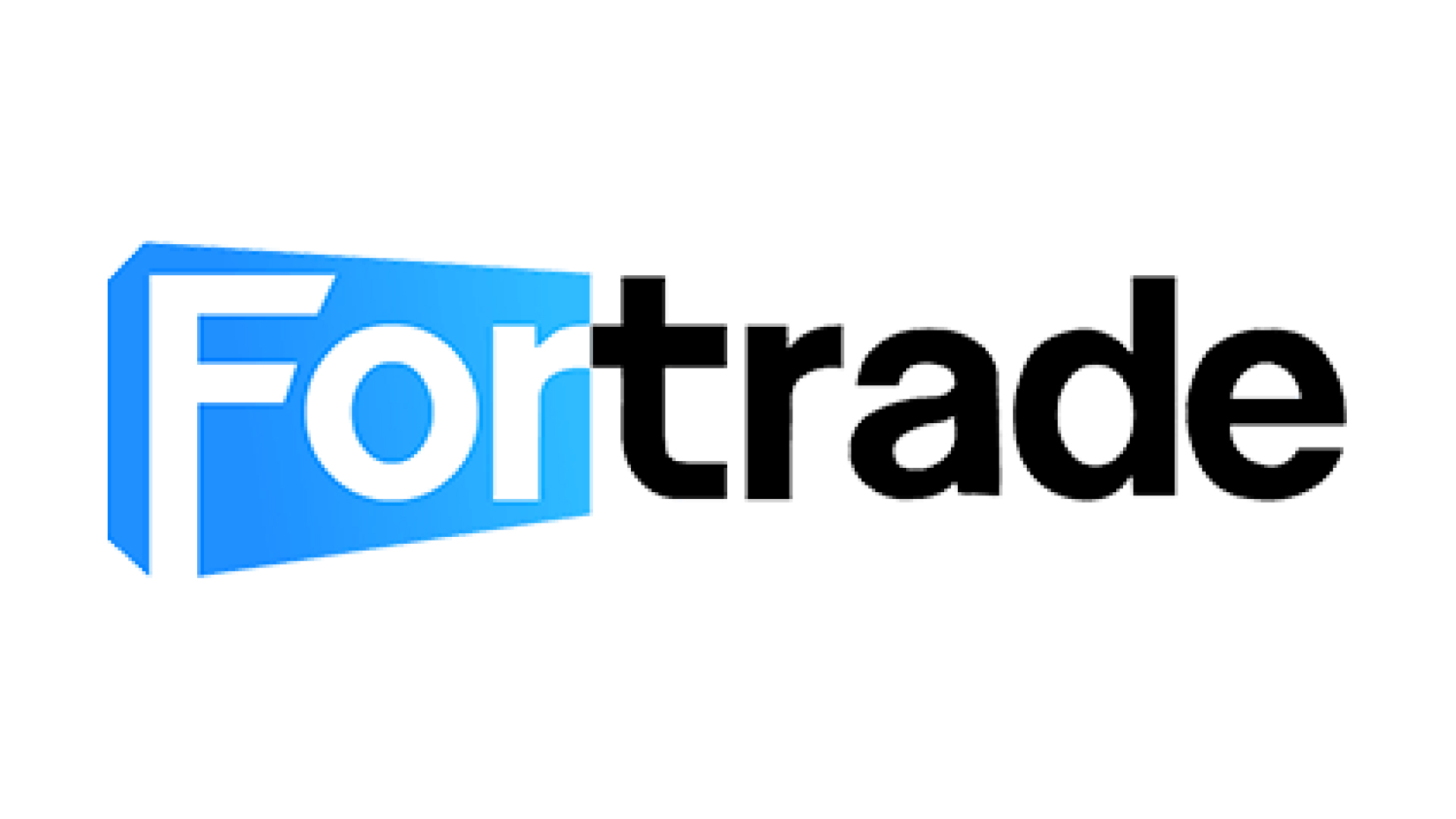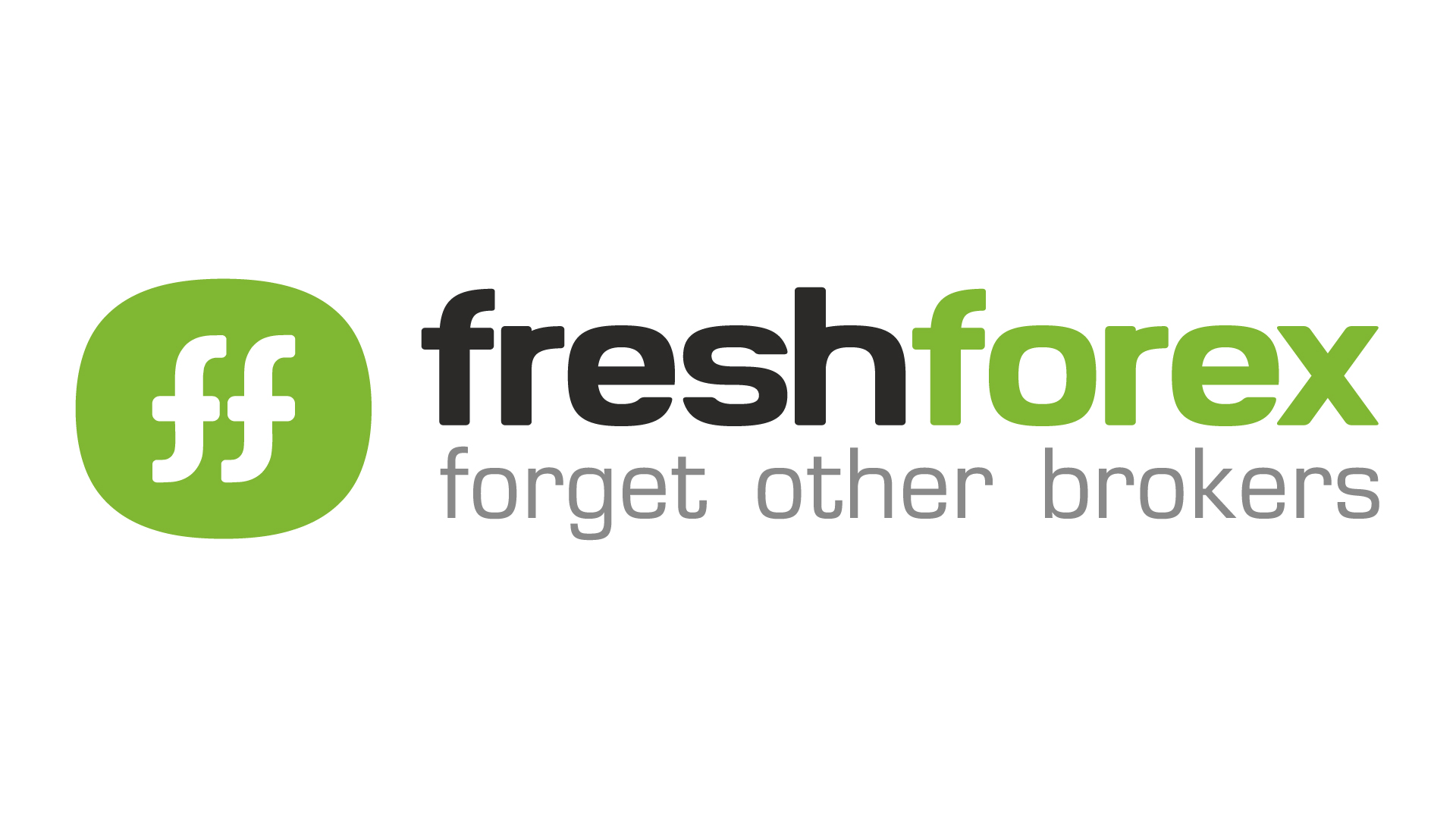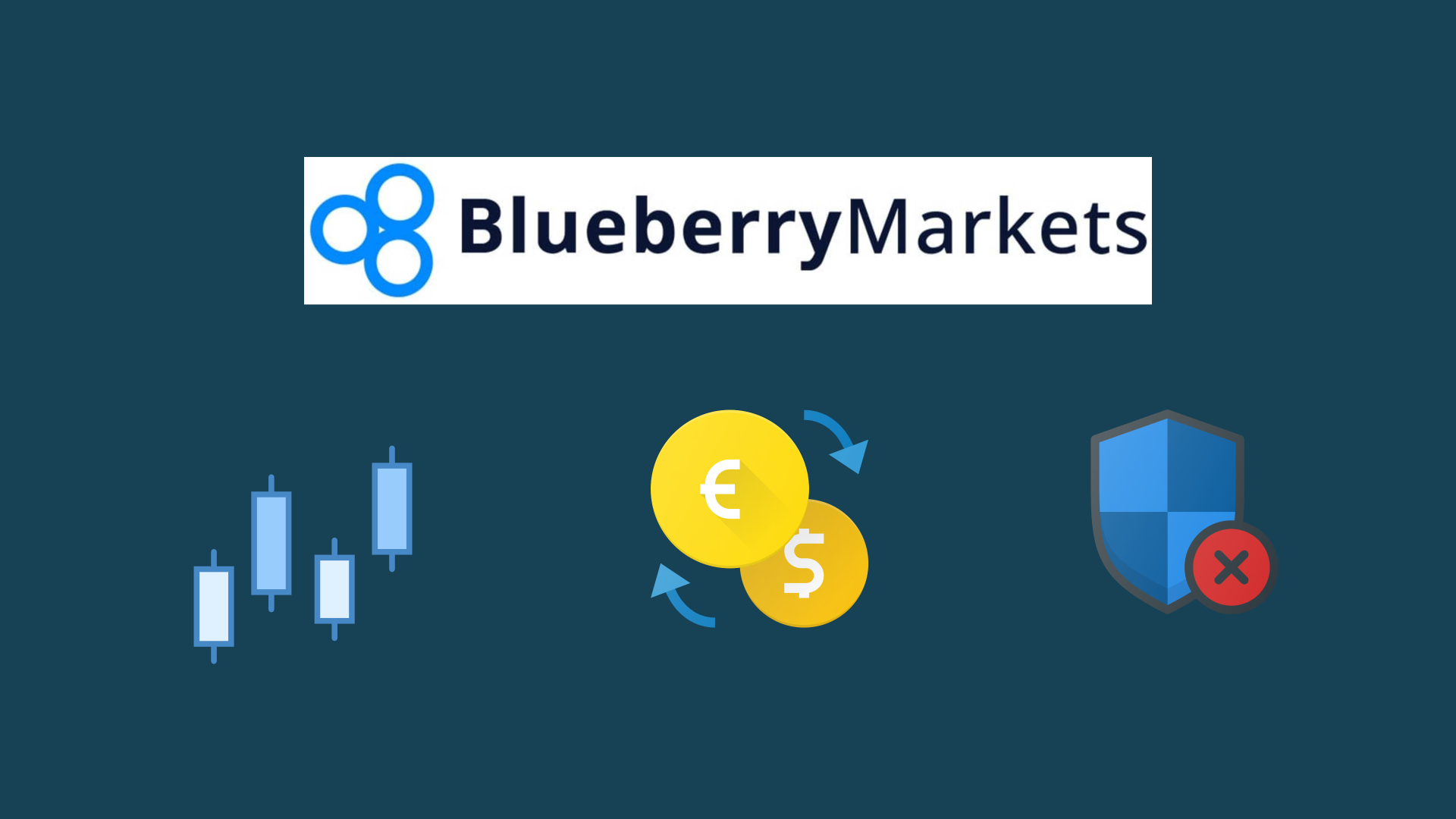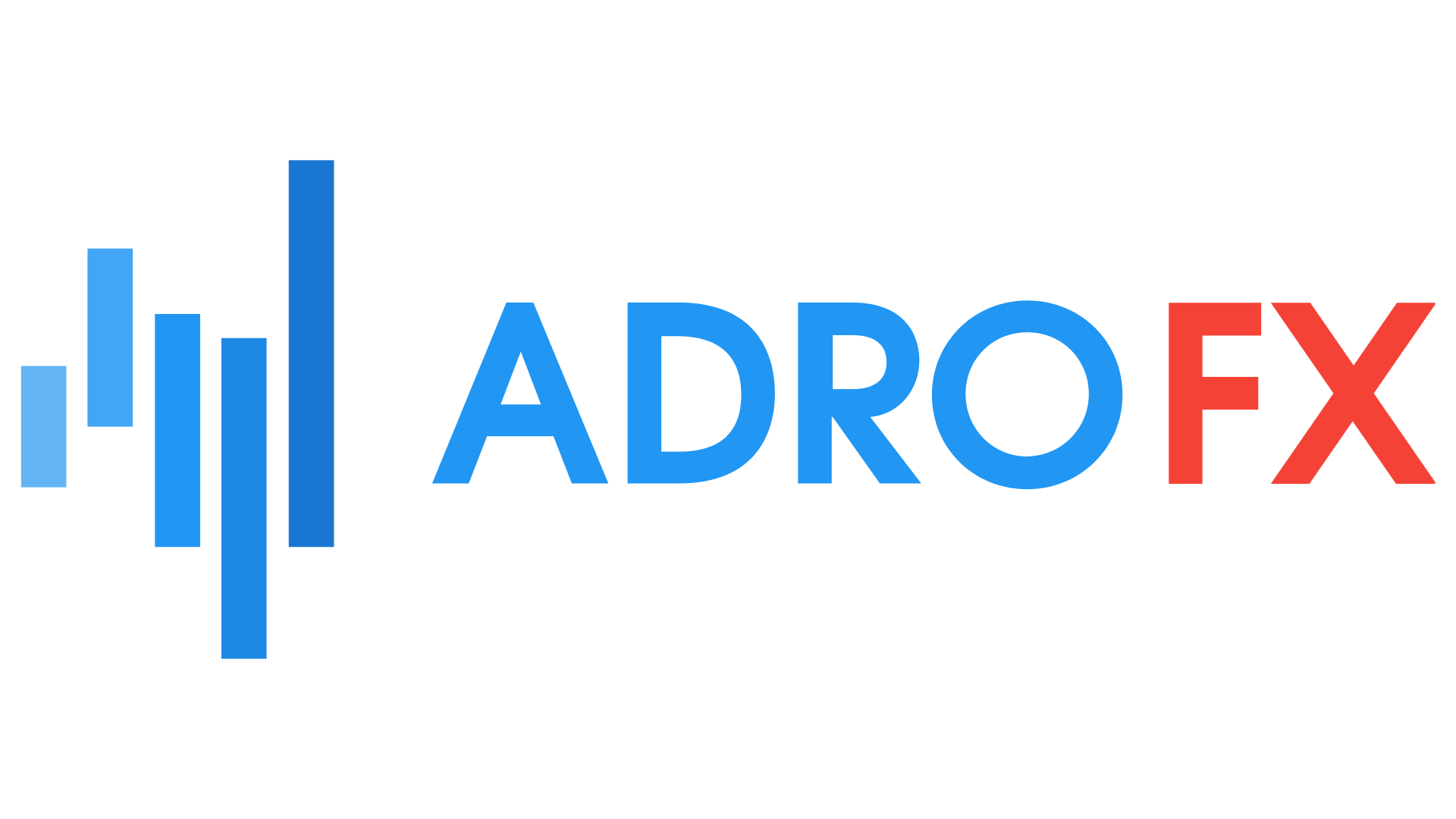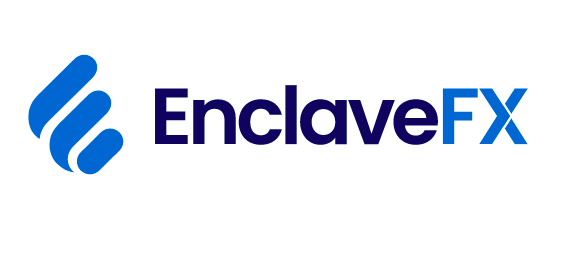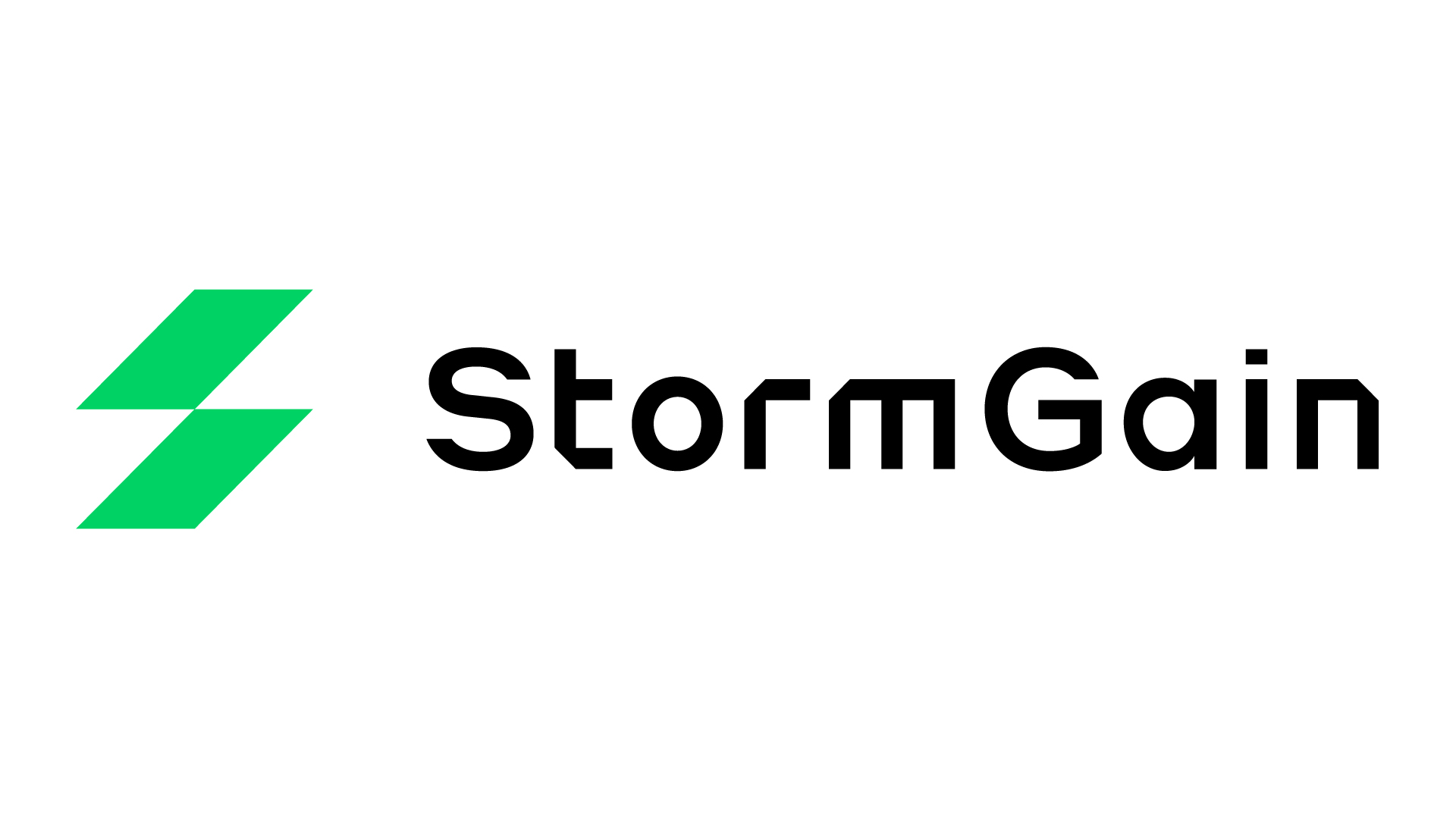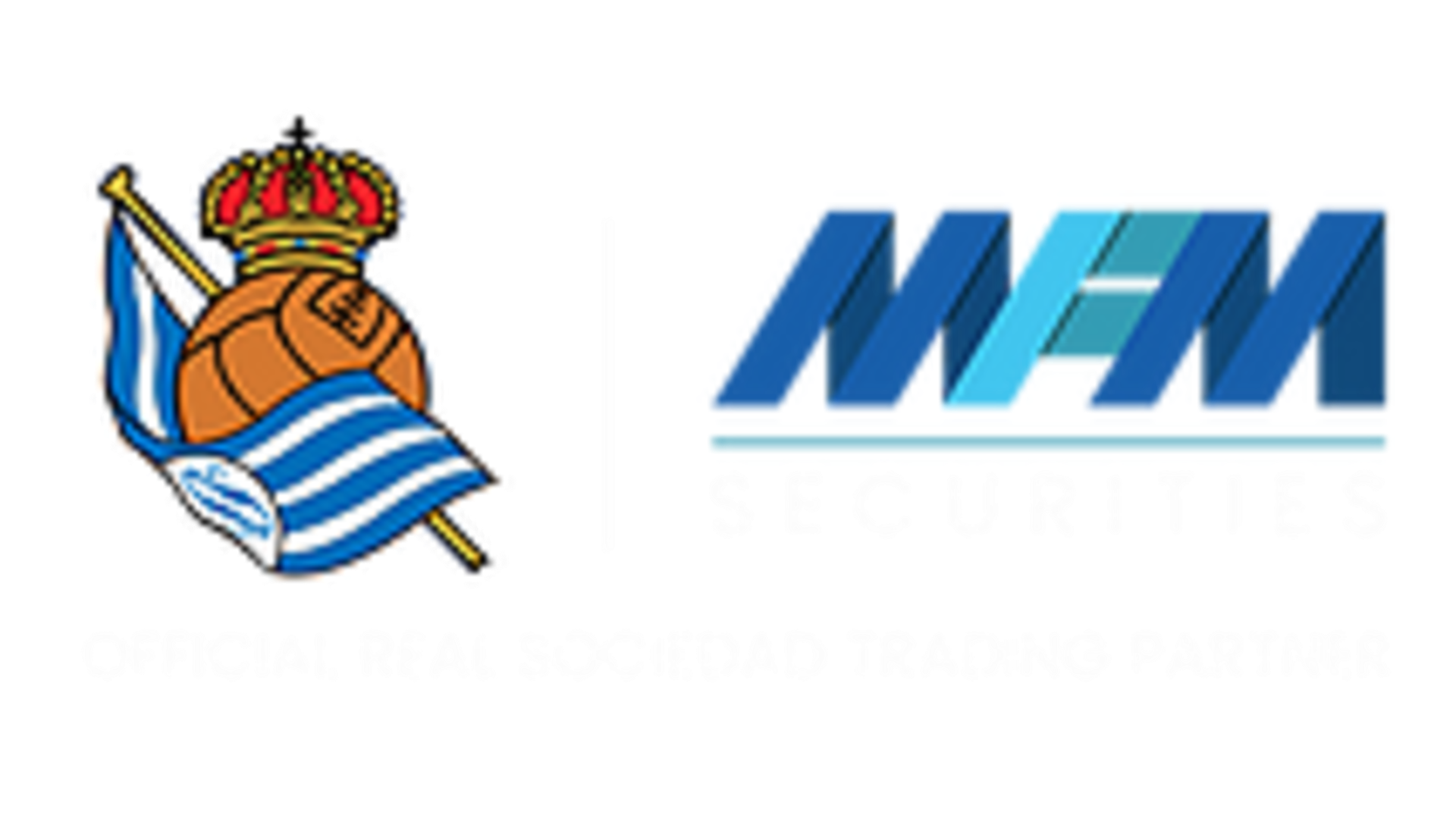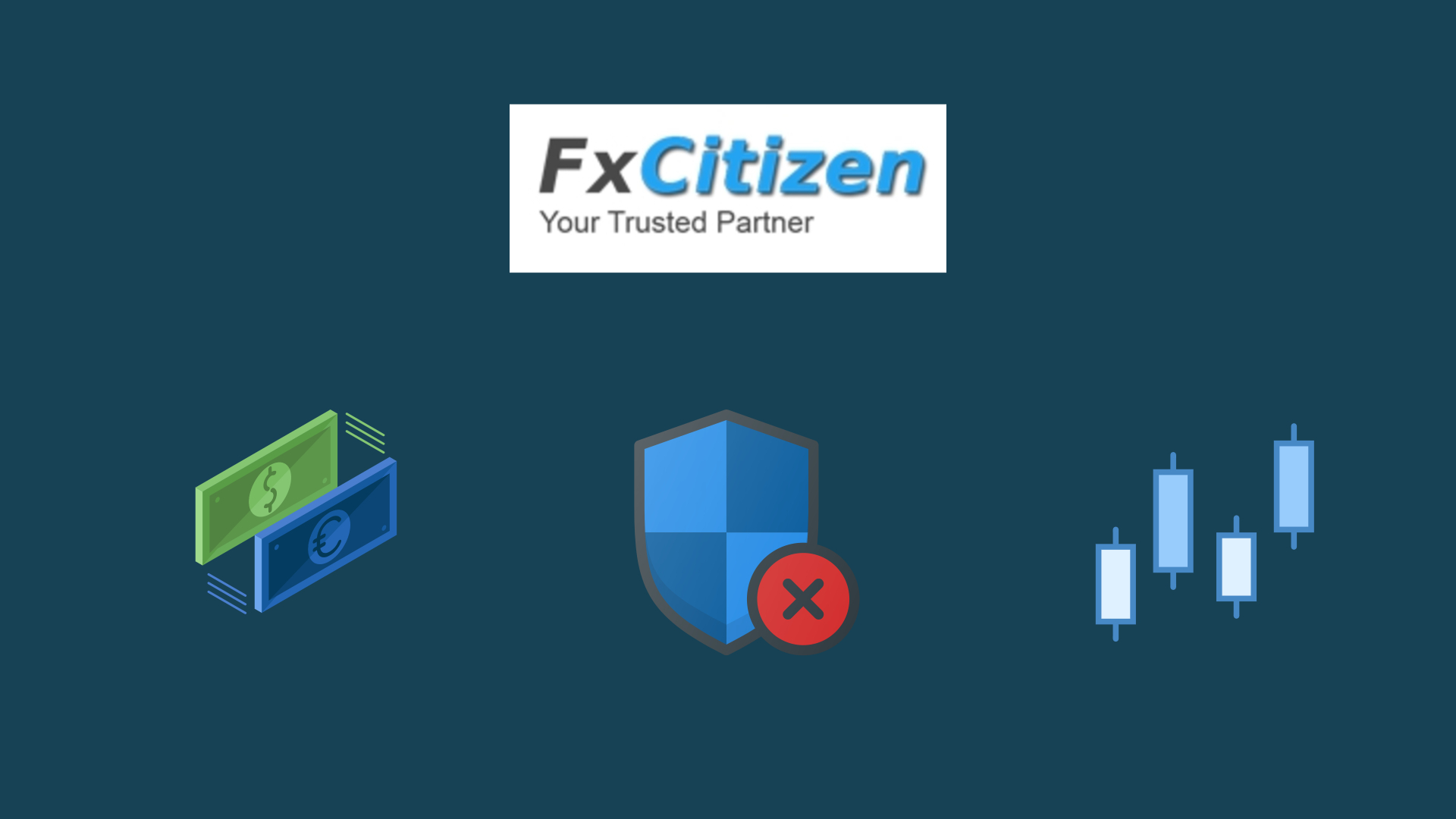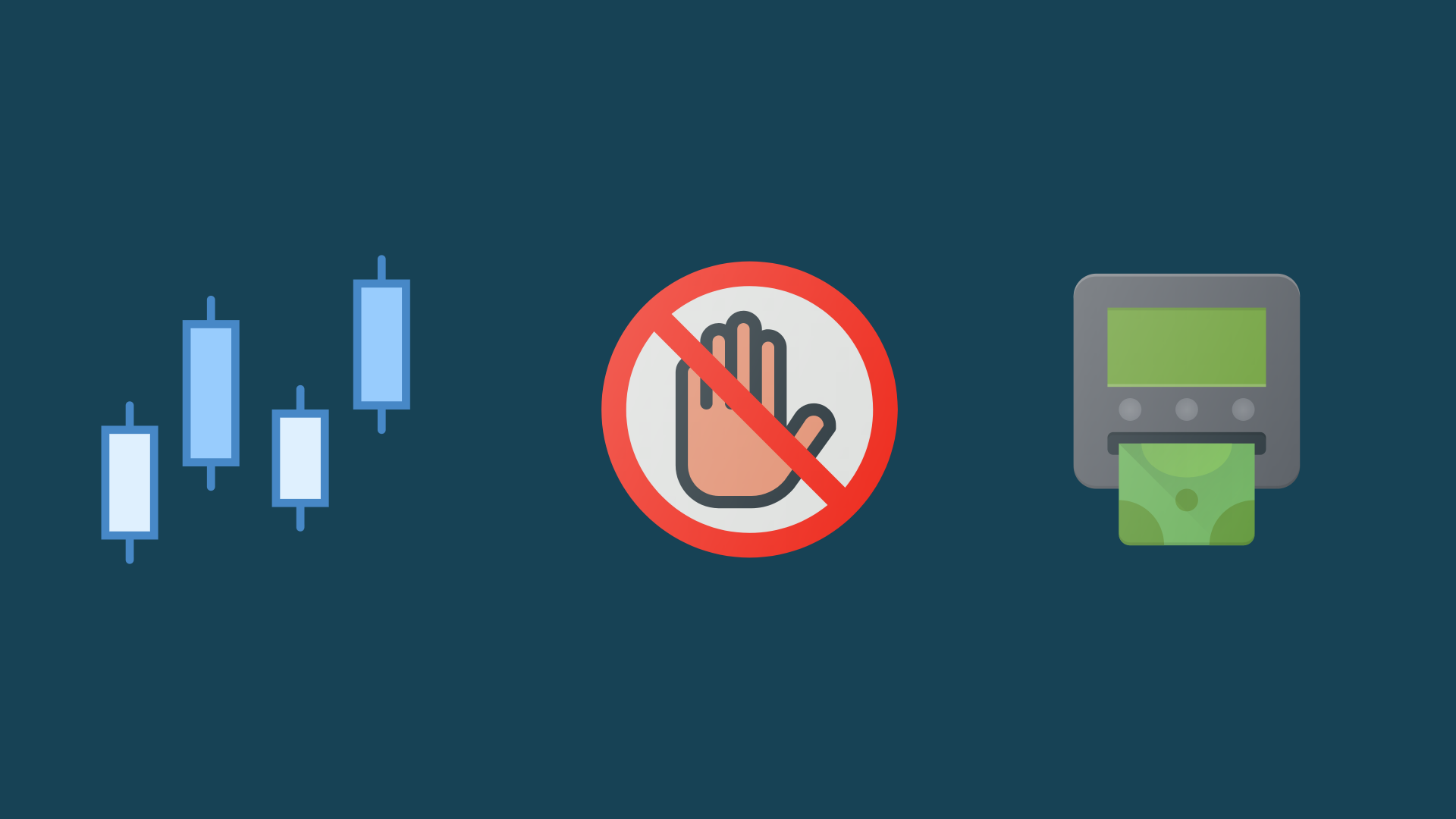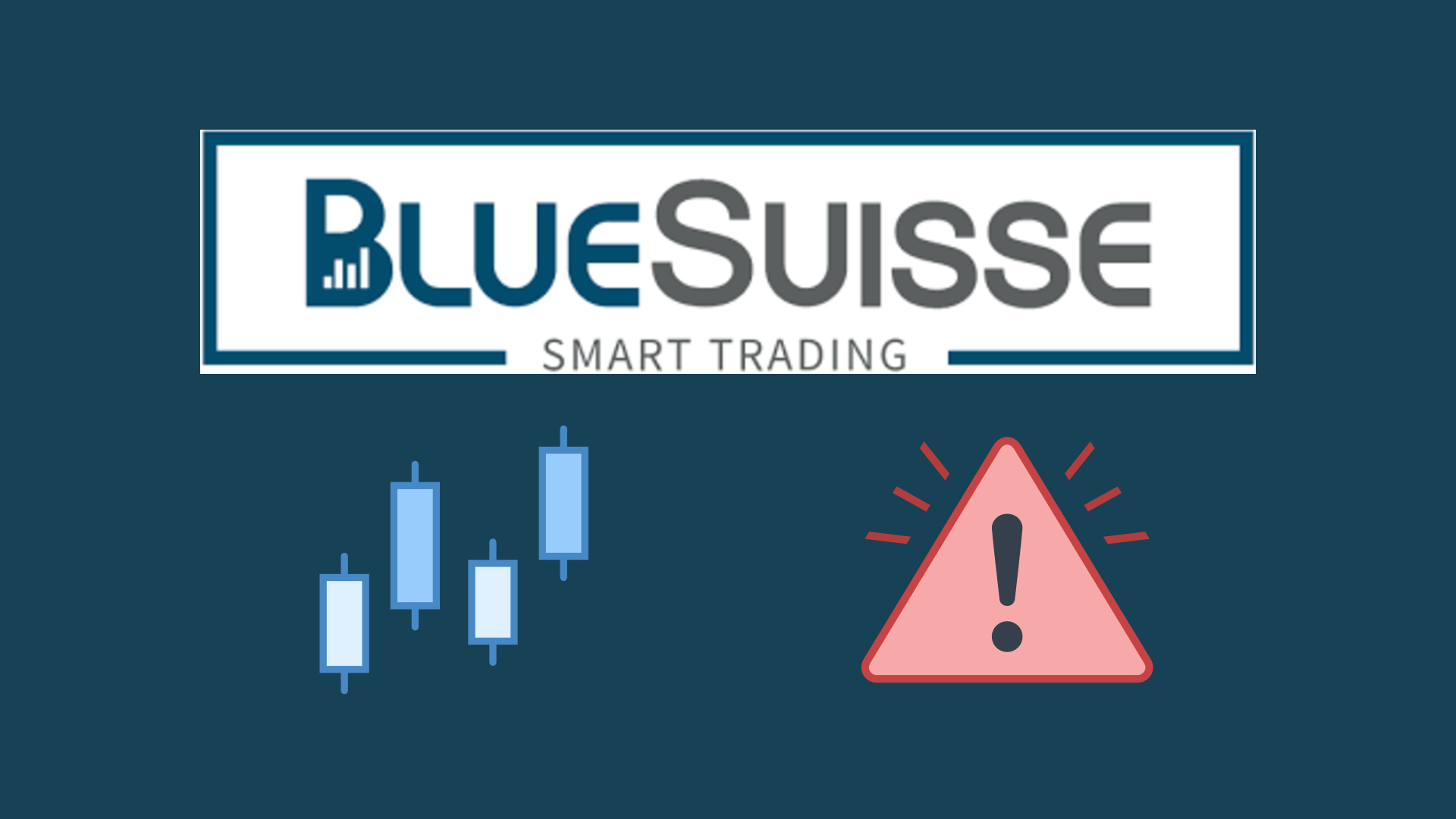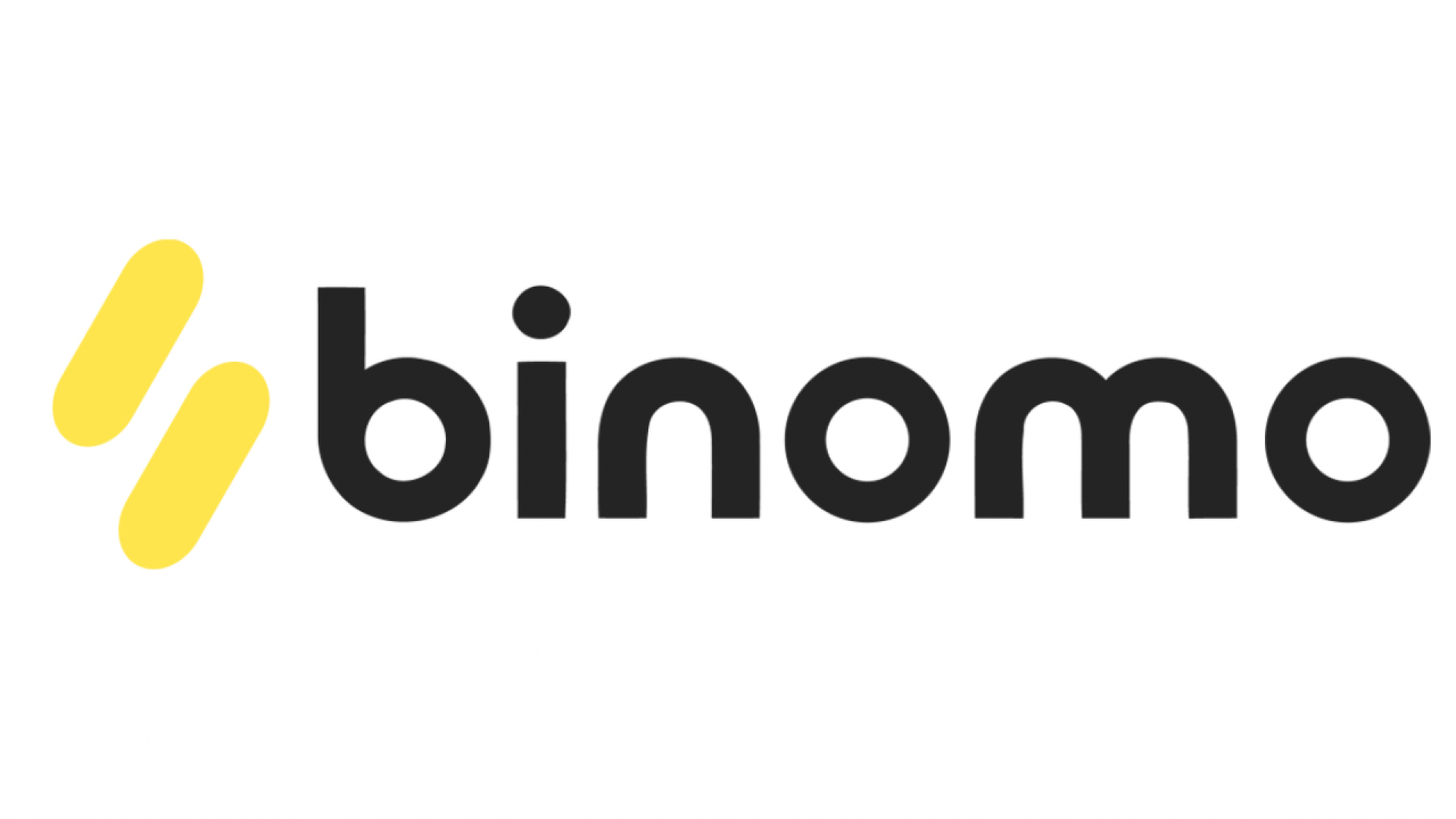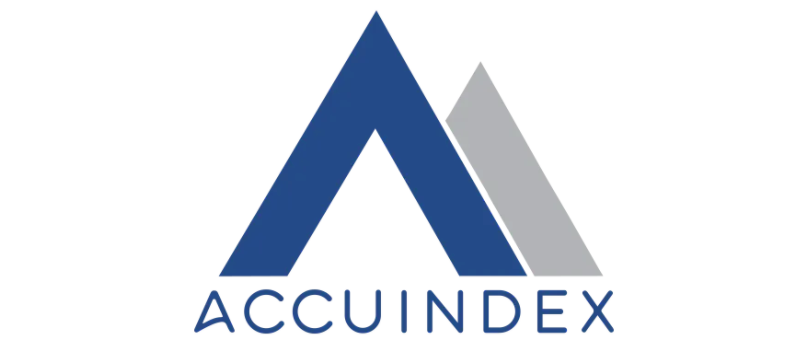Forex is, by far, the biggest market in the world. To put the sheer size in perspective, one needs to simply look at the number that it outputs, with over $5.1 trillion daily trading volume, and over 10 million traders involved in Forex around the world. These massive numbers are now showing any signs of slowing down. In fact, the popularity of Forex is growing rapidly as we speak. Such high popularity is definitely not a coincidence.
There are specific reasons why Forex is so popular right now, and among those reasons, there is one main reason – its simplicity and accessibility. Without a doubt, Forex is the most accessible form of financial trading for many people. In the past, many people would have looked at financial trading as something very foreign and out of reach. This was definitely the case, as it required a great effort in the form of time, money, and energy, to get started with Forex trading in the past.
Nowadays, it is almost free to get started with Forex trading, and requires minimal effort; with the only major requirement being a computer, internet connection, and, of course, motivation. Of course, this means that there are now way more beginners that are involved with Forex trading. This is bot ha good thing and a bad thing. It’s good for obvious reasons, but it’s bad because of the fact that with more new traders that are inexperienced and don’t have the necessary knowledge on how to stay safe, the matter of responsibility also increases.
In these conditions, making sure that these beginners are all appropriately informed about the possible dangers of financial trading becomes extremely important, as these people are especially vulnerable to losing money. In fact, it is estimated, that 9 out of 10 Forex beginners are likely to lose money. While these statistics do paint a bit of a grim picture, there is no cause for worry. If you invest enough time and energy into appropriately informing yourself and taking enough safety measures, then you don’t have to worry at all.
This is exactly what we do here at FBL – we are a team of people involved in the financial market for many years now, and have been through thick and thin, trial and error, so that you don’t have to. On this particular page, we will be taking a quick overview of the different sections of our website, where we go into detail about all sorts of different things Forex – whether that be reviews of brokers, reviews of Forex regions, Forex broker listings, and more. Without further ado, let’s dive in!
Contents
- 1 Our list of top Forex brokers
- 2 What exactly makes a good Forex broker? The most crucial aspect
- 3 What else should you look for in a broker?
- 4 Different Forex trading regions around the world – how does trading work in your region?
- 5 The importance of Forex regulations, and how they work in different regions
- 6 Worst Forex brokers
- 7 How to use this website, and what comes next
Our list of top Forex brokers
We all know how difficult it can sometimes be to choose your first Forex broker, although it may not seem to be the case at first. After all, you have so many different things to consider, such as your safety and security, which one gives you the most opportunities and tools for reaching success, and much more.
Having reviewed dozens upon dozens of Forex environments and different Forex brokers, we believe, that we know what are the exact defining characteristics of a good Forex broker, and how to identify the good ones from the bad ones. Below you can find our Forex broker listing, where we’ve included some of the international brokers that we believe to be the absolute best, as they stand out from all the other ones by fulfilling these very characteristics that we have mentioned above. Make sure to check these brokers out, and you can be sure that you won’t be disappointed.

Licences
FCA, CySEC, IFSC, ASIC, DFSA

Min. depo
$5

Leverage
1:888

Platform
MT4, MT5, WebTrader
XM

Licences
ASIC, FSA, FSCA, FFAJ, FSRA, FSC

Min. depo
100 USD

Leverage
400:1

Platform
MT4, MT5
AvaTrade
What exactly makes a good Forex broker? The most crucial aspect
After taking even a quick look at the brokers from our list, you will soon realize, that they indeed represent some of the highest quality of Forex trading brokers that you can find on the market. with that being said, what were the actual determining factors that led to our list of selected brokers? In other words, what do we use to judge the brokers by, and what are some of the objective traits that make a difference between a good broker and a mediocre one?
This is a rather tricky question to answer, because, in reality, there isn’t really one thing that you could say is the definition of a good broker. Rather, a good broker is a broker that would excel at a lot of different things, all of which, when combined, will present the difference between a good broker and a bad one. Let’s discuss some of these traits below, so you can get a better idea as to what we based our list upon, and what you should generally look for when you’re choosing your broker.
Your broker needs to be properly regulated
Forex regulation is, quite likely, the single most important subject that you need to consider as a trader. If you are on the same page with us on safety being the most important subject when it comes to Forex trading, then you will find it very easy to agree. When it comes to safety and security, a good regulatory environment is an essential requirement.
This is exactly the reason why the governments of so many countries are investing huge amounts of time, money, and energy into their regulators, and making sure that they’re operating at the highest possible level. Regulations are pretty much the only things that guarantee the ethical conduct of the brokers, and that they’re following all the relevant safety and security guidelines that are there for your protection.
When choosing a broker, choosing the one that is licensed with proper regulatory authorities such as FCA, CySEC or BaFIN, is pretty much the half of the job of making sure that you have safe trading experience. These regulators give you the priceless peace of mind that there will always be dedicated authorities supervising various market participants to ensure a safe and stable trading environment.
What if your broker is not licensed?
If your broker is not licensed by any legal authorities, then you should not sign up with them. Pretty much as simple as it is. The reason is that an unregulated broker is a broker that can not be trusted with your time and money, as there is simply no oversight that would ensure their proper conduct.
Now, there is a subtle distinction to be made here. Assuming you were a UK citizen and the broker you were considering was not licensed by the FCA specifically, then this doesn’t necessarily mean that you should give up on them altogether. There are exceptions to this rule, which we will discuss below in detail in our regulations section. So, make sure to read on!
What else should you look for in a broker?
License and regulation are extremely important. This is why we have spoken about the matter separately, to fully hammer on the point of its importance. With that out of the way, let’s now look at some of the other things that you should look for when choosing a broker, all of which are also very important.
Your broker needs to be customer-friendly
One of the key defining characteristics of a broker is their approach to customer service and their interactions with their clients. A broker that is dedicated to being as helpful and accomodating to their clients is a broker that stands levels above others. This, of course, doesn’t mean that you should just be looking at how “nice” they’re being, but also how helpful they are, and how far are they willing to go to help you with your issue.
Additionally, they should make it so that receiving said customer service is accessible, allowing you to easily reach out to the broker and receive help. This means that not only should they be able to answer you with email, but live chat and a phone number that is preferably available 24/7.
Of course, in order to determine this, one has, at least to a degree, face a certain level of risk, in order to determine that these brokers possess these qualities in the first place. While this is unavoidable at least to an extent, you can still rely on the outer sources to assess the reliability of the broker in this regard. As an example, online reviews can, in some cases, serve as a reliable source of information regarding the supportiveness of the broker. Although it should be noted, that not all the reviews can serve as a reliable data point, considering how subjective each experience of each customer can be. Additionally, the credibility of the reviewers themselves also needs to be unquestioned for them to be reliable.
Beyond that, you also need to look at other, more readily available pieces of information, such as the regulatory body that your broker is subjected to. In general, having a license with a respected and established regulator such as FCA should be quite a bit of assurance for the broker’s reliability. The reason is that these regulators subject the brokers to certain levels and standards of behavior, and this is automatic, to a degree, a guarantee of safety and reliability on its own.
Your broker needs to excel at practicality and convenience
A common issue that many traders often meet when going with mediocre brokers is that the service of the brokers can sometimes be quite a hassle. There are a lot of things that this can apply to, actually. As an example, the processes of depositing and withdrawing, disputes with the broker, open ticket management, and things of the sort are some of the most common issues that one may encounter.
The brokers that are of higher level and class will, invariably, be much better in this regard. With them, the whole process from signing up all the way to withdrawing your profits will be very convenient and accessible. The fact that this is so important is why we made sure to only include the brokers that offer the highest standards of service.
Of course, this was just a short overview of some of the legitimate and warranted requirements that one should have towards their prospective brokers. There are tons of other things that may be applicable here, and of course, not all brokers can be judged/compared with the same perspective, considering the dynamic nature of this market. With that being said, things like these are some of the main requirements that everybody should pose to their broker; the bare requirements, if you will.
XM
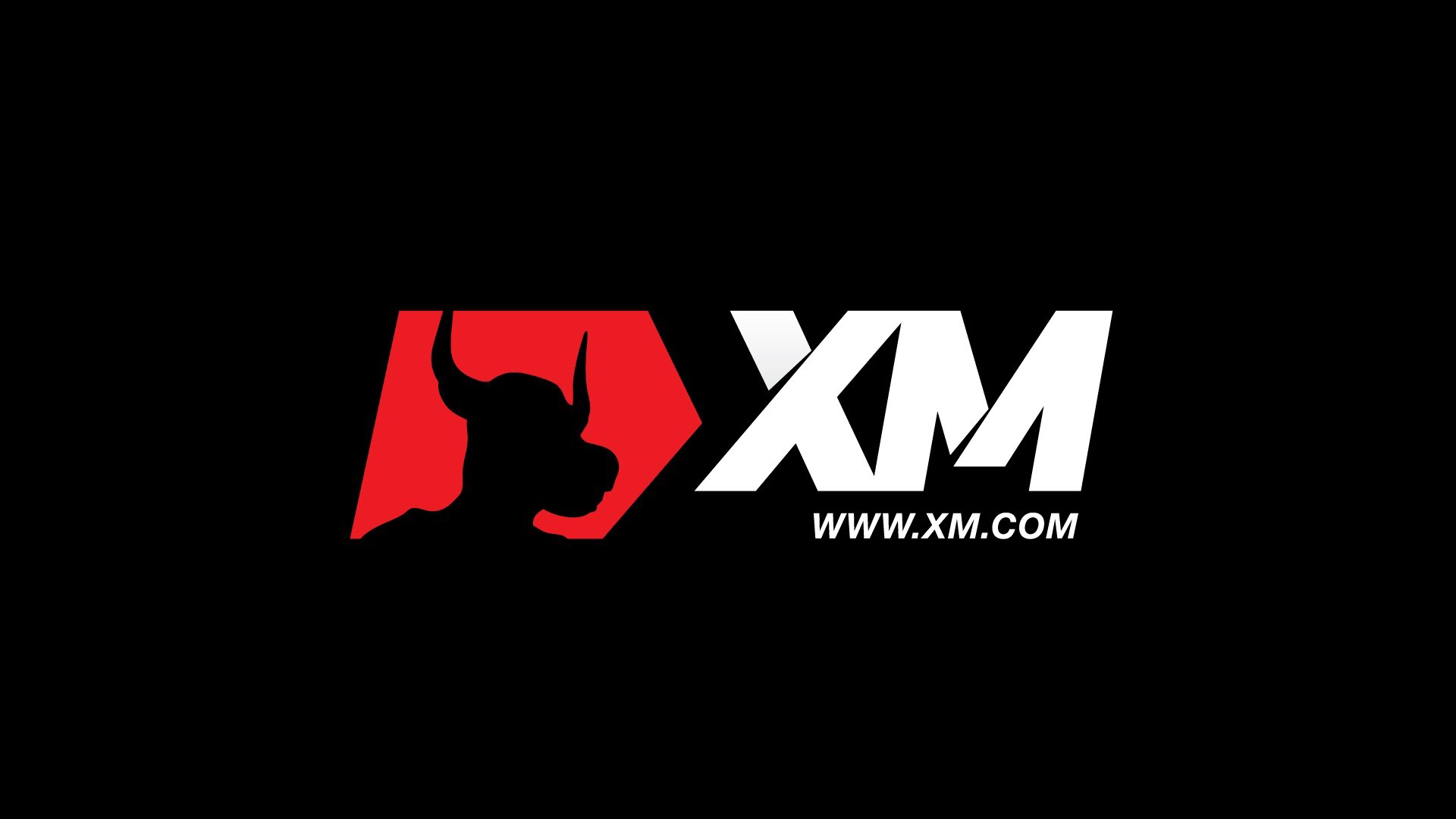

Min. Depo
$5

Licences
FCA, CySEC, IFSC, ASIC, DFSA

Leverage
1:888

Platforms
MT4, MT5, WebTrader
AvaTrade


Min. Depo
100 USD

Licences
ASIC, FSA, FSCA, FFAJ, FSRA, FSC

Leverage
400:1

Platforms
MT4, MT5
Exness
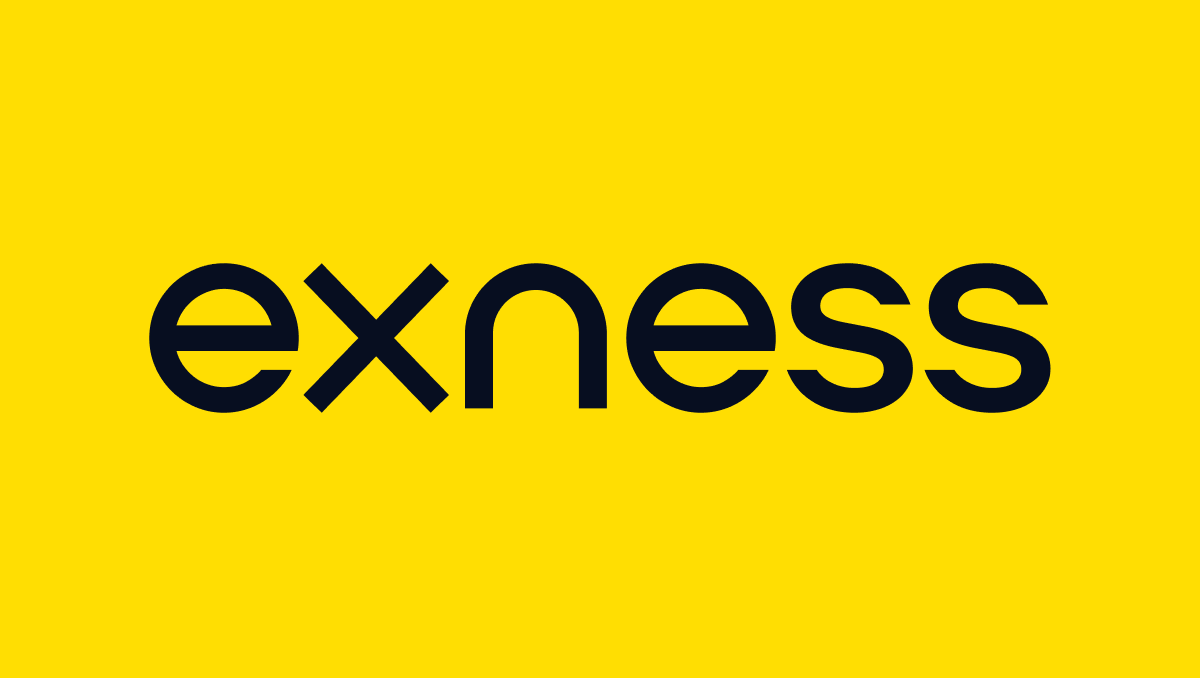

Min. Depo
$10

Licences
CySEC, FCA, SFSA

Leverage
1:2000

Platforms
MT4, MT5
FundedBull
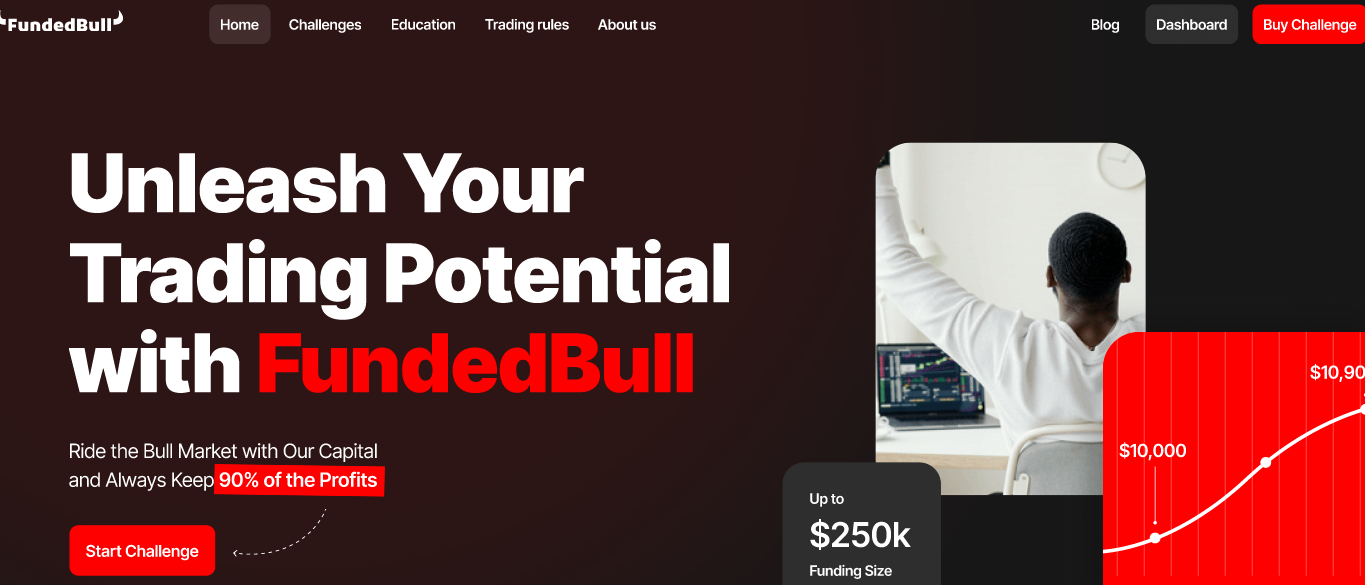

Min. Depo
49 USD

Licences
N/A

Leverage
N/A

Platforms
MT4, MT5, cTrader
Forex.com
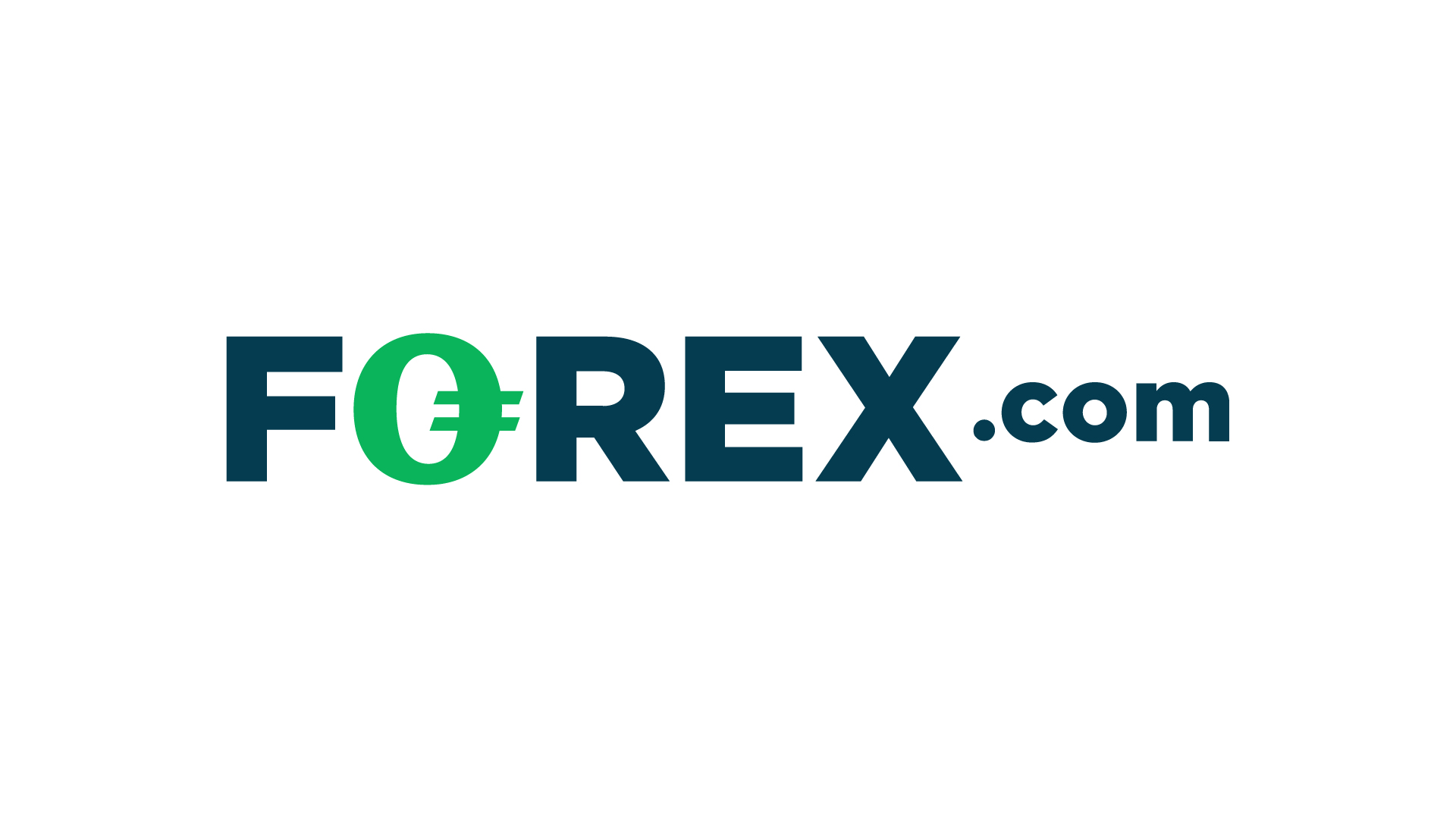

Min. Depo
$100

Licences
NFA, CFTC, FCA, FSA, IIROC and CIMA

Leverage
1:50

Platforms
WebTrader, MT4, MT5
CMTrading

Min. Depo
250 USD`

Licences
FSCA

Leverage
1:200

Platforms
MT4, WebTrader, Copykat
Plus500
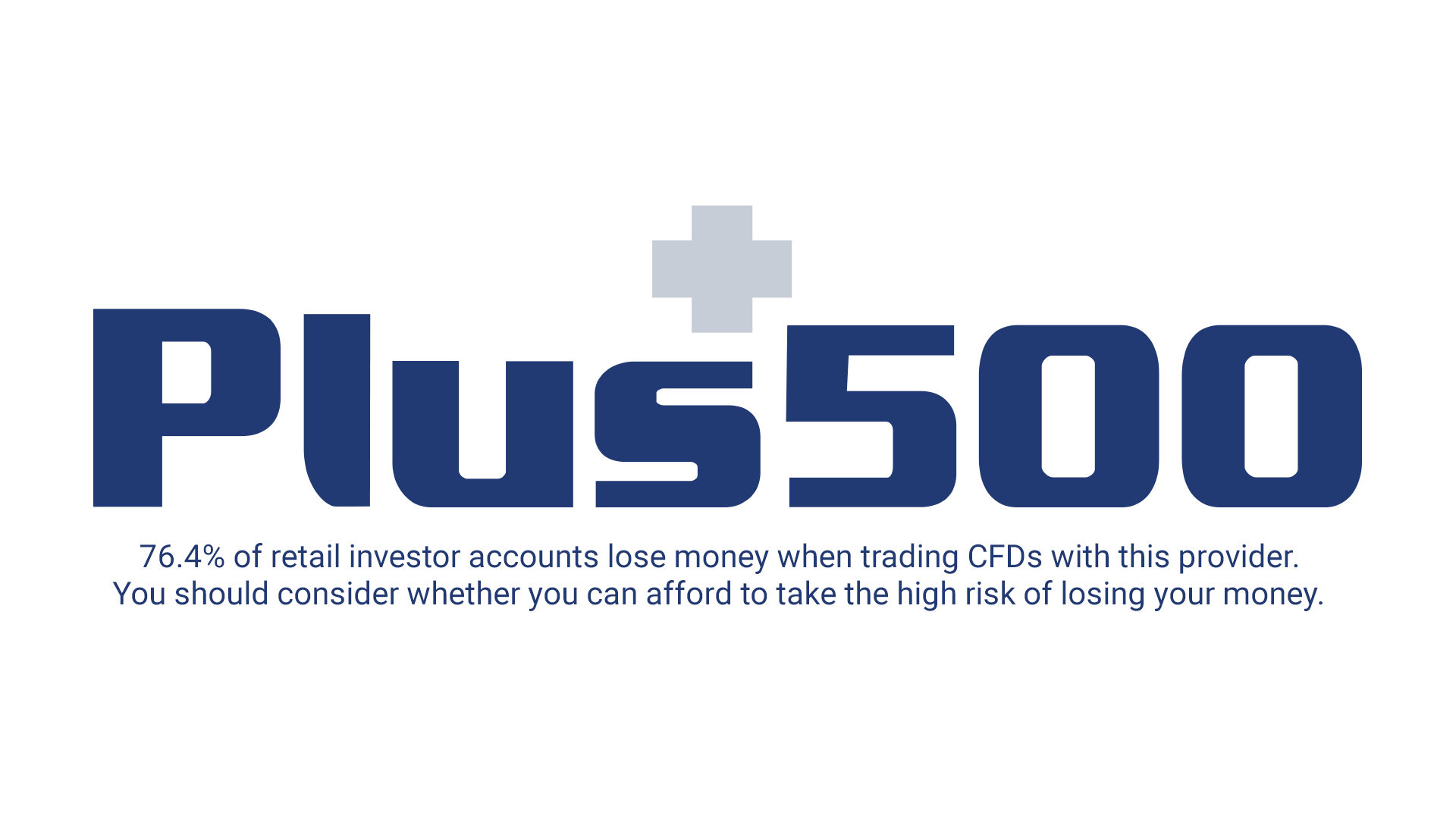

Min. Depo
$100

Licences
FCA, ASIC, CySEC, FSCA, FMA, MAS

Leverage
1:30

Platforms
WebTrader, Windows 10 Trader
Different Forex trading regions around the world – how does trading work in your region?
By now, you should have a solid understanding of what a decent Forex broker should be like in general, and you should be aware of the basic, universal requirements that traders should have towards brokers. Now, it is important to look at it from a different perspective – the perspective of different regions.
You see, Forex trading is, by and large, an activity of international nature. The whole point of Forex is that it is accessible and available all around the world, and the market itself is as big as the whole world. However, what needs to be understood is that the different Forex regions and specific countries have a different “flavor” for Forex, depending on many different factors such as their economic, legal and political systems, as well as, by extension, their regulatory environments and myriads of differences that are either a direct or indirect result of the region/country’s cultural, social, political, or even geographical landscape.
While due to the fact that there are so many international brokers operating in so many different countries, and as such, most of the different Forex regulators all aim to create a harmonized environment that can be consistent across multiple different regulatory environments, there still are some differences to take into account, as these differences are what will define your Forex trading experience in general.
Forex trading in Europe by country
Europe is, without a doubt, one of the most important geographical regions for Forex trading. Throughout many years now, the European countries have managed to instill themselves as some of the major international Forex hubs, with powerhouses like Germany, the United Kingdom, France, and more.
Considering the huge economic weight of these countries, with them actively being involved in international trade with some of the strongest economic forces in the world, these countries have shown us what exactly it takes to create a Forex environment that can offer a safe and secure trading experience that can provide opportunities for, anyone, no matter their goals and preferences.
After reviewing dozens of different European countries and their Forex trading environments, we have compiled a large and extensive list of these countries with detailed guides on how Forex trading works there. If you are a European citizen interested in getting started with Forex, make sure to check out your country from the list down below, and you will find everything you will need to know on how to start working towards success!

- Cyprus
- Finland
- Germany
- Ireland
- The Netherlands
- Norway
- Poland
- Russia
- Sweden
- Switzerland
- United Kingdom
Forex trading in Asia by country
Just like Europe, Asia is among the most important Forex regions in the world. Although this comes as a surprise to some people, it definitely shouldn’t, considering how many economic and financial giants there are in Asia, with countries like China, Hong Kong, Japan, etc.
Thanks to these countries, which represent some of the most important financial centers in the world, Forex trading in the Asian region is at its all-time peak right now. Today, you can do Forex trading in these countries while enjoying access to some of the best opportunities imaginable. Additionally, thanks to the serious dedication to strong regulatory environments by these countries, you can do so in a completely safe and secure manner, without a worry in the world.
Here is our overview of Forex trading in Asia. The preceding link includes all the guides to Forex trading for all the Asian countries that we have reviewed, while the list below includes the Forex guides for the most major/main Forex countries in Asia. If you don’t find the listing for your country, make sure to go to the previous link, and check out the guide to your country there.
- Bahrain

- China
- Hong Kong
- India
- Indonesia
- Israel
- Japan
- Kuwait
- Malaysia
- Oman
- Qatar
- Saudi Arabia
- Singapore
- South Korea
- Thailand
- Turkey
- UAE
Forex trading in Oceania by country
Oceania is one of the regions that has been seeing the fastest growth when it comes to the popularity and relevance of Forex trading. Throughout the years, thanks to the efforts of countries like Australia and New Zealand, the countries in this region have become exemplary when it comes to how Forex should be done.
Of course, one of the reasons for this is that there is a fairly high standard of living in these countries, with quite a high GDP. These factors open up the doors to Forex trading to way more people, thus prompting much bigger involvement. Nowadays, a very large amount of people look at Forex trading as a legitimate way to make additional income, and as such, the brokers see a lot of potential in this region.
This is one of the many reasons as to why we see so many new brokers coming up all the time. Luckily, you won’t have to spend much of your time and energy to look around and test all these different brokers, as we have reviewed some of the best brokers in the region. Make sure to check out the individual guide of your respective country, and you will be right on your way to finding your best broker!
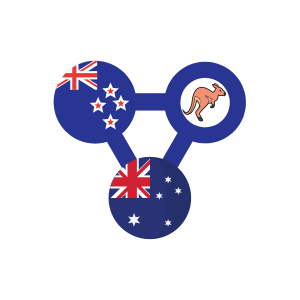
Here is our overview of Forex trading in Oceania. The preceding link includes all the guides to Forex trading for all the countries in Oceania that we have reviewed, while the list below includes the Forex guides for the most major/main Forex countries in Oceania.
Forex trading in North America by country
North America is among the main Forex trading regions in the world, and it could be said, that it’s single-handedly due to the United States. Although, this is not to say that Canada is not a major participant in the global Forex scene. On the contrary, Canada is right up there with the United States as a country that can serve as an example of how any country should be striving towards creating an amazing Forex environment.
Speaking purely from the economic perspective, the United States alone has a GDP of $21.44 trillion, which is mind-bogglingly high. Considering this level of economic prosperity, there is a huge amount of traders who are involved in Forex trading on a very high level. Additionally, due to the US being the house to one of the major Forex “Meccas” – the New York stock exchange – trading in the United States puts you right in the center of the action.
The United States is hardly the only country worth talking about in North America though, as there are other countries like Canada and Mexico, where Forex trading is also quite popular. We have reviewed some of the most major North American Forex countries and their Forex tradin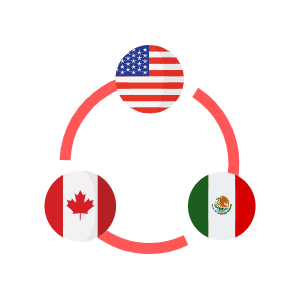 g specifics, so make sure to check out your country in the list down below.
g specifics, so make sure to check out your country in the list down below.
Here is our overview of Forex trading in North America. The preceding link includes all the guides to Forex trading for all the North American countries that we have reviewed, while the list below includes the Forex guides for the most major/main Forex countries in North America.
Forex trading in Africa – guide by country
It is no secret that the region of Africa is not the wealthiest in the world. With some of its major economic and socio-political challenges still at large, there is still a lot that is left to be desired for these countries. However, one thing is certain – there is room for a lot of growth, and as of late years, this growth has definitely been actualized.
For the past few years, many of the African countries and their Forex environments went from being a scam-plagued and dangerous Forex market to being solid Forex environments that offer lots of opportunities for all kinds of Forex traders, no matter their goals, experiences or preferences. Gone are the days where Forex trading in the African countries had zero points, due to the dangers associated with it. Now, a lot of locals are viewing Forex trading as one of the most worthwhile ways of making additional income and paving their way from poverty towards prosperity.
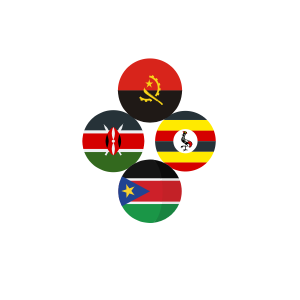
Forex trading in South America – guide by country
Although the countries from the South African region – and therefore the South African Forex market in general – are not as wealthy as some of the other countries we have discussed in this guide, the Forex market in this region has been showing some remarkable progress. Throughout the last years, it went from facing serious fraud and security issues to now being a fast-growing and thriving Forex environment that allows a lot of people a chance at improving their financial well-being.
Indeed, Forex is now viewed as one of the best ways for many locals as a way towards financial independence, and as such, more and more people are joining. However, with a young and up-and-coming market, it is twice as important to dedicate the necessary time and energy to educating oneself to as much of a degree as possible. This is extremely important, as otherwise, staying safe and secure in this market would be impossible. Besides filtering away the hordes of untrustworthy brokers that may try to take advantage of the market still being in the process of development, you also have to take into account the importance of knowledge and experience, both of which are crucial for one’s success.
Here is our overview of Forex trading in South America. The preceding link includes all the guides to Forex trading for all the South
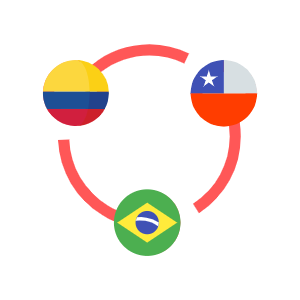
American countries that we have reviewed, while the list below includes the Forex guides for the most major/main Forex countries in
South America.
The importance of Forex regulations, and how they work in different regions
Perhaps the most important and crucial aspects of Forex trading that should be everyone’s priority to consider, would be the Forex regulations. That is if you are interested in having a safe and secure trading experience, as regulations are pretty much the main thing that is the guarantee of your safety.
The regulations, in general, are what compel the broker to conduct themselves in an ethical and fair manner when doing business. As such, the country that has a robust and developed regulatory environment, when compared to the country that does not, will provide a wholly different experience.
As such, when you’re considering your next Forex trading destination, you always need to make sure that you’re accruing as much importance to the issue of regulation as possible. Below, we will be discussing some of the most important aspects of Forex regulations, how they relate to your day-to-day trading, how they benefit you as a trader, and how these regulations differ across different Forex environments, as well as how they’re sometimes similar. By the end of reading this, you will have a decent understanding of how the Forex regulations work in your favor.
Forex regulation – common practices around the world
One of the primary reasons for Europe’s success as a strong and successful Forex region is due to its great regulatory environment. When it comes to safety and security, the European Forex market is simply unparalleled. Some of the laws and practices that have been commonly implemented in Europe are now also being actively implemented in other Forex regions as well, due to them being so successful and central to the region’s success.
Below, we will discuss some of the most common and important regulatory specifics that are not only practiced in the European countries but the whole world. You will learn how they directly affect your process of Forex trading, and how they work towards creating the safer and overall better conditions for you, the average trader.
Licensing and authorization practices for Forex brokers
In most of the established Forex environments, for the brokers to be allowed to operate, they need authorization in the form of a license from the local governments. Of course, the license is only provided to brokers who manage to meet the certain requirements that are all posed with the goal of increasing the safety and security on the market. After meeting these requirements and qualifying, then the broker can receive the license, only to be constantly supervised and examined to make sure that they’re continuously able to satisfy the requirements.
H0wever, when you consider the fact that there are so many brokers that work in so many different countries at the same time, a logical concern would be the difficulty of having to sign up with so many different countries, all of whom, at least to a degree, have requirements that differ from the other countries. However, this is definitely not an issue that the brokers meet in Europe, due to very advantageous regulatory conditions that were implemented years ago.
Back in 2007, the EU countries have introduced a law called MiFID (Markets in Financial Instruments Directive), which was introduced with the aim of harmonizing the different Forex environments between the countries, and making it so that the laws and regulations are as similar between these countries as possible. MiFID, along with the ESMA (European Securities and Markets Authority) organization, represents one of the main reasons as to why Forex trading has become so easy, accessible, and popular in the EU. This is especially the case from the brokers’ perspective.
Essentially, due to the implementations of ESMA and MiFID, brokers are now allowed to operate in any country from the EU, provided that they are licensed by any single regulatory authority from any other country from the EU. This means, that if a broker is licensed with Germany’s BaFIN, then they are also allowed to work in France, Italy, Spain, and all other EU countries. This, of course, is a huge help for the brokers and is one of the main reasons as to why Europe is such a hot Forex destination.
Besides the fact that this rule now allows the brokers to work anywhere in Europe with being licensed with only one regulator, the additional benefit here is the fact that the brokers can choose to register with regulators that offer more favorable conditions. As an example, signing with a regulator that is regarded as more lenient and relaxed when it comes to restrictions, would allow the brokers to gain easier success to countries where there are harsher regulations.
One great example of the latter is CySEC, which stands for Cyprus Securities and Exchanges Commission. CySEC is a regulatory body based in Cyprus, and it happens to be the most popular Forex regulator in the world right now. The reason it is so popular is because of how accommodative it is for the brokers, in the sense of providing them with a great regulatory framework that, although provides the traders with the maximum possible standards of safety and security, simultaneously is relaxed and lenient enough for the brokers to be operating without the hassle of over-regulation.
Indeed, CySEC is known as one of the regulators that makes everything easy for all parties. Although, we would like to underline the fact that despite making everything much easier for the brokers, it doesn’t, in any way, compromise the security aspect. In fact, CySEC still remains a regulator that is considered to be among the safest and most reliable; not only for the European countries but pretty much the whole world.
What are some of the regulatory practices that are common with most Forex markets?
As mentioned, a broker can obtain just one license from an EU country, and they can then legally operate in all other EU countries. Such an arrangement is possible only because of the fact that, although different countries still to a degree have their own unique approach to regulations, they are still more-or-less harmonized and homogenous, in large part due to the efforts made by the ESMA, which strives to harmonize regulatory frameworks of these different countries to as much of a degree as possible.
Due to this reason, what you will find is that the regulations that CySEC-licensed brokers are subjected to will be almost identical to the regulations that BaFIN-licensed or FIN-FSA-licensed brokers are subjected to, as it’s ESMA’s recommendations that most of them are following to-a-T. With that out of the way, let’s discuss some of these regulatory specifics, and what kind of an environment they create for the brokers and traders. P.S. If you are a non-EU citizen, we will discuss the specifics of how this applies to your country and the Forex environment in detail below.
 Segregated bank accounts
Segregated bank accounts
A great protection measure that is common with most Forex markets and regulators is the rule of account segregation, which is one of the main practices that increase your security in a huge way. What does account segregation mean, and in what way does it increase your security?
Account segregation is a rule/practice that makes it os that the brokers are now allowed to hold your funds in the same account where they hold their own operating capital. How does this aid in safety? Well, suppose your broker went bankrupt, or lose money in any other way. In such a case, by having your funds in the segregated account, it keeps them away safely from danger. Additionally, it makes it so that the broker is not able to misuse your funds, whether that be accidentally, or with malicious intent.
Restrictions on risky instruments
In general, restrictions are one of the common forms of regulatory practice when it comes to Forex regulations and different regulatory bodies. Considering how much of a risky endeavor Forex trading can be, it is understandable, that the restrictions would be among the most common tools for maintaining safety and stability on the market.
Restrictions can be of many different types and forms. One of the most common manifestations of restrictions that we see all the time are restrictions on risky trading instruments, such as leverage. Leverage, while it has the potential to help you make tons of profit, also has the potential to cause huge amounts of financial damage, if used incorrectly.
Due to this reason, the ESMA mandates, that the maximum allowed leverage for Forex brokers in the EU region shall be no higher than 30:1. While there are a couple of European countries that don’t follow this recommendation and offer higher leverage like 50:1, this is the range that you will most commonly encounter with European countries, and the brokers licensed with CySEC.
Aside from that, there are some other countries outside Europe that allow leverage as high as 500:1, but obviously, this kind of high leverage is highly recommended to be avoided. Leverage, as mentioned,d is quite a risky instrument, and beginners who don’t have the necessary experience with using it should definitely steer clear. It should be noted, that for the countries that are not subjected to the jurisdiction of ESMA, the most common range for “moderate” leverage would be 50:1, which is common with many different countries.
Additionally, there are, in most cases, certain restrictions placed on the usage of CFDs as well. In some countries, usage of very high-risk CFDs is banned altogether, but most commonly, what you will encounter is that the brokers are required to put forward detailed risk disclaimers that would notify the traders of the exact risks that they would face by using these high-risk CFDs.
As an example, the brokers are required to display on their websites the exact percentage of people that have lost money using CFDs. This kind of approach makes sure, that the traders know exactly what kind of risks they are facing, and what exactly they’re walking into.
Investor compensation schemes
A great safety feature that you get when doing Forex in a properly regulated Forex environment is the investor compensation schemes. As you may guess from the name itself, these schemes are there to compensate you in case of need, thus giving you great monetary safety. How exactly do these work, and in what scenarios are they applicable?
Well, investor compensation schemes are commonly implemented with pretty much most of the major Forex environments, and all of them have their own variations. As an example, CySEC, the most popular regulator, has a compensation scheme called the “Investor Compensation Fund” (ICF). ICF is essentially a program that necessitates the brokers to, at all times, maintain separate funds with the goal of compensating the traders whenever applicable.
As an example, these funds will be used to satisfy the claims of the traders against the brokers, or, to compensate the traders in case the broker goes bankrupt and loses all the funds. It should be noted, that different compensation schemes have different terms and requirements. As an example, there are limits as to how much a particular protection scheme can offer per trader. CySEC, for example, offers no more than €25,000 per trader, while the FCA’s FSCS (Financial Services Compensation Scheme) offers £85,000 per trader.
These differences are important to take into account, so always make sure that you’re familiarizing yourself with these specifics of different regulators by viewing the relevant information on their websites.
Capital adequacy requirements
Forex is quite a volatile and unpredictable market. This is true for everyone, whether they’re traders, brokers, or anybody else; and all of them will attest to that. Considering this, it is very important to make sure, that one is ready to brace and be ready for the volatility that is unavoidable here. Due to this, it is very important for the brokers themselves to be on the ready, as their success also reflects on the traders’ success as well.
This is one of the many reasons for the existence of the capital adequacy rules. In most major Forex markets, as well as pretty much everywhere else, the brokers are subjected to strict standards of minimum capital adequacy. What does this mean exactly? This means, that the brokers are required to have a certain amount of minimum capital on their account all the time, in order to be better-fit for “absorbing” the possible damages from the market’s volatility, as well as automatically filter out all brokers who are not competent enough to procure these amounts of funds in the first place. Obviously, a broker that operates with a very low amount of liquid assets is in no better position than the one that has a lot of them in case of need.
This amount of minimum capital will vary depending on the regulator and the country itself. As an example, with Cyprus’ CySEC, the minimum required capital for the brokers licensed by them is €100,000, and this is considered to be on the lower end, as there are countries whose requirements exceed €500,000, and sometimes way more.
Audits and reviews for the brokers
After obtaining the license, the brokers are not actually done. You see, the license has to be earned, and “re-earned”, as even for the licensed brokers, the regulators are always making sure that they’re following the necessary rules, laws, and regulations. The licensed brokers, as such, are continuously scrutinized for any possible wrongdoings, to make sure that the best interests of the traders are kept in mind. Regulators monitor and control the activities of the brokers with various tools, such as audits and reviews, which the brokers themselves have to submit, as well as the regulators themselves conduct.
These audits and reviews can be of many different sorts, such as financial reporting of transactions and all financial activities, the win/lose ratios of the broker, the customer interactions, and much more. All this info is gathered with the goal of ensuring the well-being of the traders and identifying any possible wrongdoings of the broker. All of this means, that you have one less thing to worry about, as the regulators are always watching the brokers with a careful eye, making sure that you’re being treated right. As such, you’re in good hands!
Negative balance protection
Another common practice is the rule of negative balance protection, which is probably one of the practices that are increasing your safety in the most straightforward manner. Negative balance protection is there to ensure, that in case of a losing trade, you won’t be losing more money than you actually have.
How could this even happen? Well, this mostly took place during the usage of high leverage. As the leverage has the potential to win you a lot more money than you actually have, it also has the potential to make you lose way more than you have. Due to this, when inexperienced trades would open positions with huge leverage and lose, they would lose way more money than they ever had in their own account, thus being indebted to the brokers. This was a rather common and serious issue, and the regulators decided to take action and implemented the negative balance protection rule, which states that the traders can not lose more money than they have in their account itself.
This is a great safety feature, which, in a way, discourages the brokers from offering these outrageously high leverages in the first place, which makes this a win-win situation.
What if your broker is not locally-licensed?
What you may commonly encounter is that your broker may not be licensed locally, meaning you may be from the UK, but your broker may not be licensed by FCA – the local UK authority. As we have mentioned, this is absolutely normal, and as we have spoken at length, in the countries from the European Union, any EU-based regulator is fine for a broker to have for providing service to the other countries.
With that being said, it may be the case that you are from some other country, say, Australia and your prospective broker may be licensed by a specific regulator from some other country, such as Finland’s FIN-FSA. What should you do in that case? Is it OK for you to go with a broker licensed from and based overseas? The answer is that it depends. Usually, if you are dealing with a broker that is licensed in a country where Forex regulation is on a high level and the local authority is highly-respected all around the world, then yes, it is absolutely fine to go with them.
In general, with regulators such as FCA, BaFIN, ASIC, etc, you can trust them pretty much on the same level as your actual local regulators. In some cases, brokers licensed with foreign regulators may even provide you with a better experience and safety, considering how under-developed regulatory systems are in some specific countries. Although, we would like to note, that it is always preferable to go with a locally-licensed broker, provided that such exists and that they’re regulated by a respected authority. The reason is that in case of having some kind of a dispute with your broker, everything will be dealt with in accordance with the local laws and regulations, which is a huge help if it comes to that.
Forex regulations and how they relate to those practicing Islam
Many may not be aware of this, but for quite some time in the past, Muslim people had issues with doing Forex. The problem was that for the Muslims that were living in accordance with the Shariah Law, they could not be allowed to engage in Forex trading, as it contradicted with its teachings. According to the Shariah Law, Usury is considered “Haram”, which means it is a serious sin, in direct contradiction with its teachings.
Considering that the very way that brokers make a profit is through collecting interest with the overnight swaps, this posed a serious issue and was a reason for many interested and willing Muslims to refrain from doing Forex. Now, considering how huge of a market the Muslim traders represent, the brokers needed to think of some kind of a solution, lest they miss out on a huge portion of interested traders. The solution would’ve been to come up with a system that would allow the brokers to make a profit without collecting interest, and as such, they came up with a way. Now, the brokers offer “Islamic trading accounts”, which allows them to collect profit in a swap-free manner, in spot Forex trades.
This way, the brokers can circumvent the restrictions, and be able to offer their service without coming into any contradiction with here teachings of Islam. Now, this is standard practice, and “Islamic trading accounts” are a common thing all around the world, allowing thousands upon thousands of Muslims to trade without any issues. All in all, if you are an individual practicing Muslim faith, then you can get started with Forex trading without any issues. Just make sure that your broker offers Islamic trading accounts, confirm all of the important specifics that may need to be of consideration, and you will be good to go!
 Worst Forex brokers
Worst Forex brokers
Having discussed the positive side of the brokers and what to look for in a broker that you can trust in the first section of this page, we believe that it is essential to provide some of the examples of what a broker should NOT be like. We won’t be discussing this at length, since we have already spoken about what a good broker should be like, and any broker that we would consider to be bad, should be the opposite of who we believe to be good. As such, here we present to you our list of worst Forex brokers that we have reviewed.
HotForex
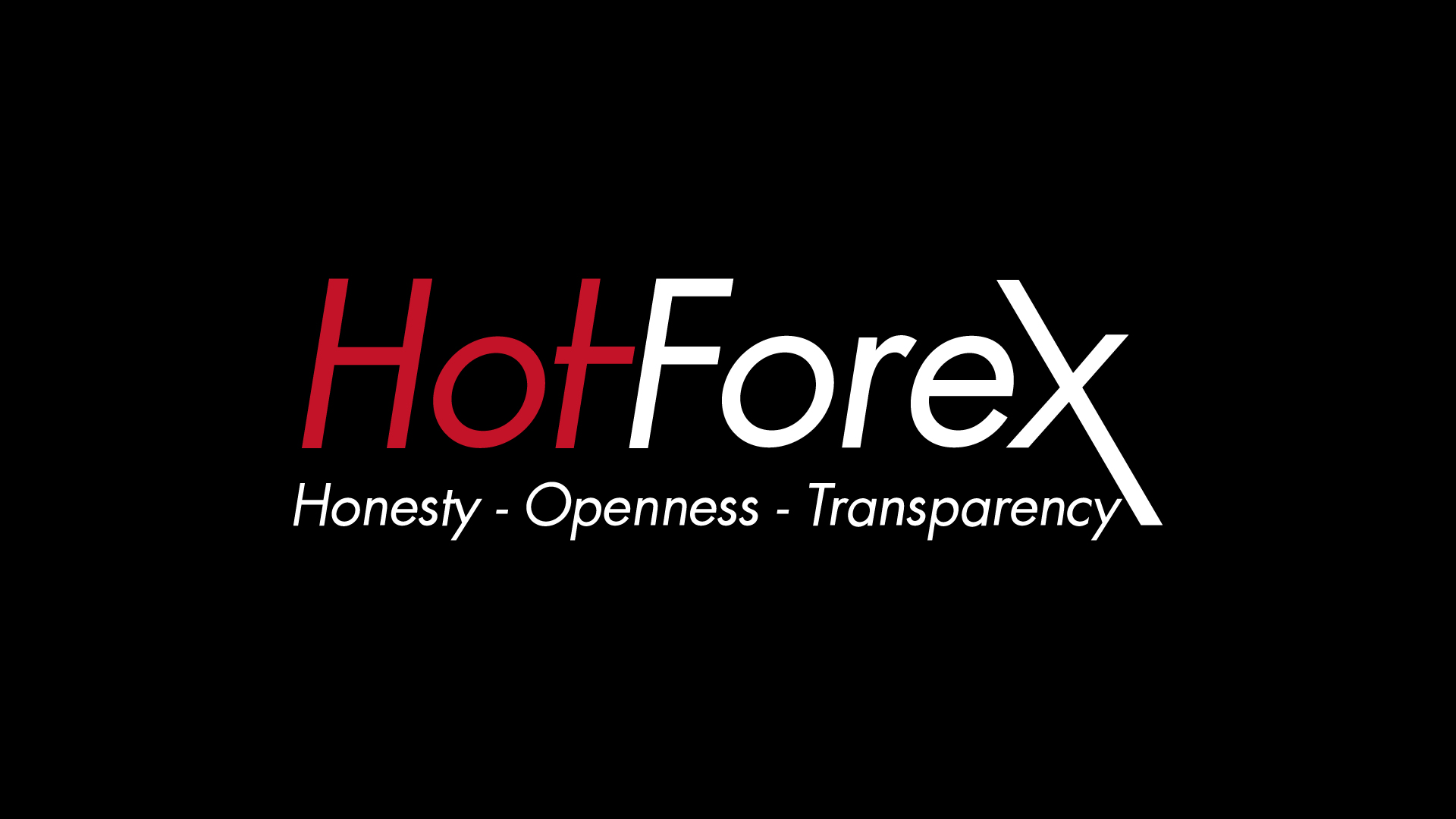

Min. Depo
$5

Licences
SVGFSA, FCA, DFSA, FSCA, FSA

Leverage
1:1000

Platforms
MT4, MT5
VideForex


Min. Depo
$250

Licences
VFSC

Leverage
1:500

Platforms
custom web-based platform
The brokers that you see above are there because of the fact that they have failed to meet some of the key requirements that every broker should be able to meet. If you are looking to ensure that you only interact with only the best brokers, make sure to use this list as a guideline towards what kind of brokers to avoid.
We would also like to note, that we have reviewed these brokers in detail in the form of separate guides for each one of them. Make sure to check out each of the guides for each of the brokers, which you can do so by clicking “read review” next to the listing of the respective broker in the table above.
How to use this website, and what comes next
We have, so far, discussed pretty much all the important basic details that we would consider to be the bare minimum for you to get familiar with, and get an idea of, what kind of an expectation you need to have when it comes to Forex trading. Of course, this was a general overview, and not even close to being enough for you to consider yourself ready. However, having an idea of what to expect is great, as it would let you make sure that you’re not going into it with overinflated expectations.
As mentioned, for you to get a more in-depth understanding of how Forex trading works in your country, it is important that you read our dedicated guide of your respective country. After you do so, it comes down to how much time you spend on learning and developing your skills so you can advance further.
Luckily, we have created tons of informative stuff like guides and tips that can be of huge help to you on your trading journey. Of course, it is

important that you supplement these guides and tips with additional research that you conduct on your own. With that being said, here are our guides that we have written on some of the most important information that can be of use to any beginner:
- Forex trading for dummies
- Why Forex trading times matter, and how you can utilize them
- Why you need a Forex mentor online, and how to get one
- The ECB meeting – what it is and why you should care
- The Expanding Triangle strategy in Forex
- What is Paris Stock Exchange?
- The most inspiring stories of Forex millionaire traders
- Who exactly are the richest people trading Forex today?
This was just a sneak peek into what lies ahead. Of course, we are constantly updating our website and our guides and tips section with fresh content, to make sure that we all have something new to help us grow with. Remember, success in Forex is not about having the biggest amount of capital to work with, or always getting “lucky”. Rather, it is all about hard work and dedication, mixed in with knowledge and information that you can only gain from experiencing the market first-hand. As such, your top priority should be learning as much as you possibly can, and utilizing this knowledge and field-testing it as much as possible. If you make a habit of this, then your success as a Forex trader will be just a matter of time!

